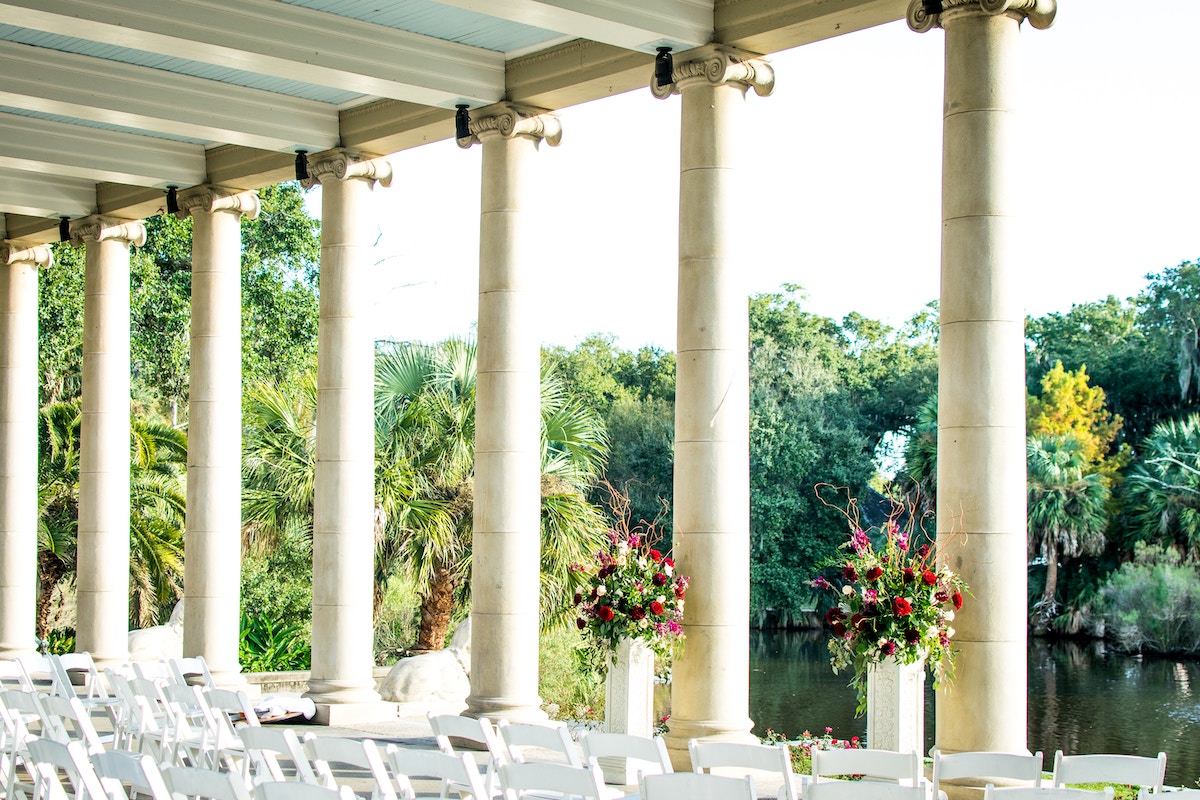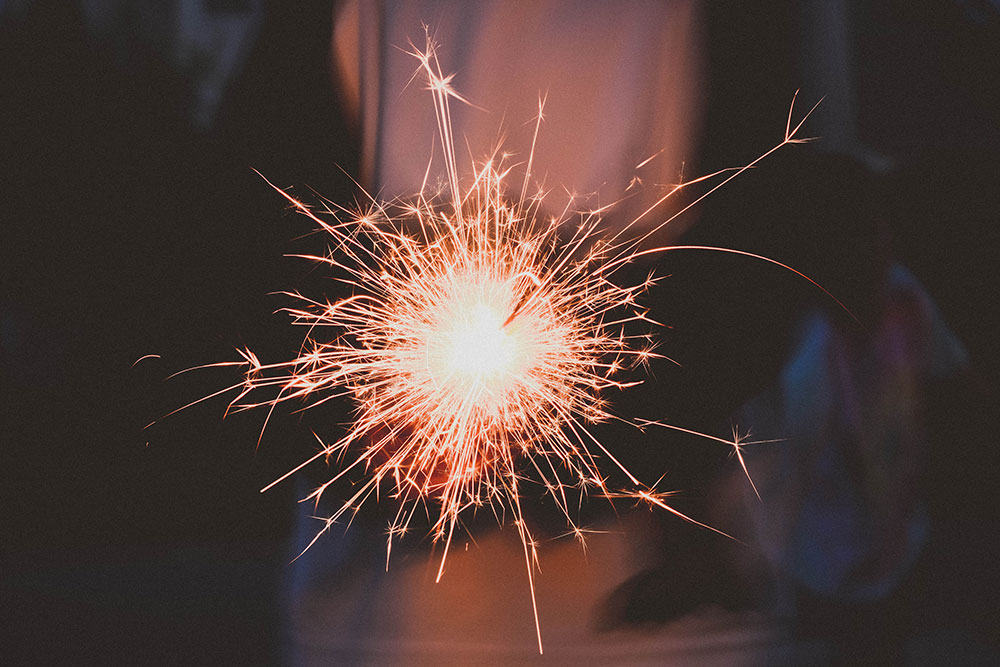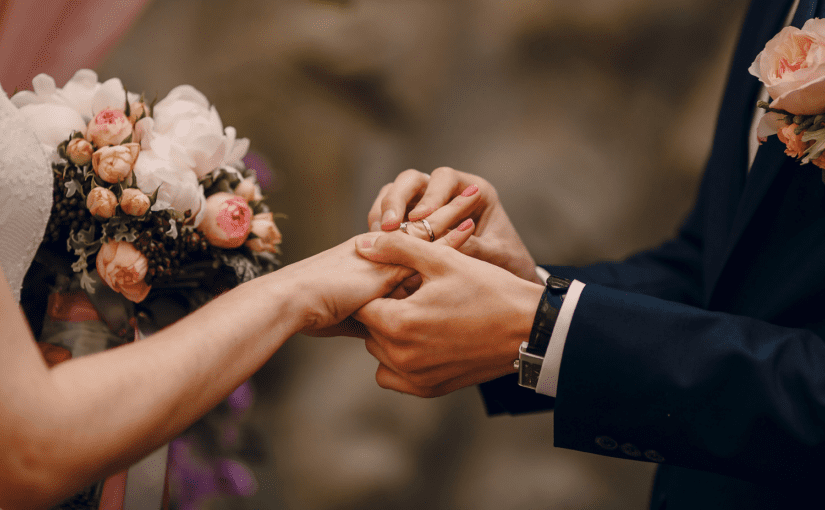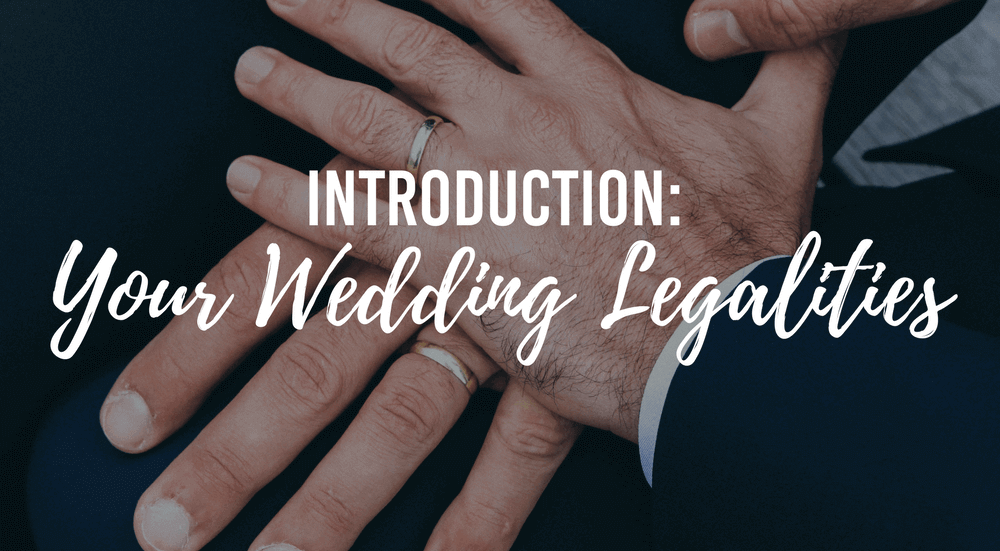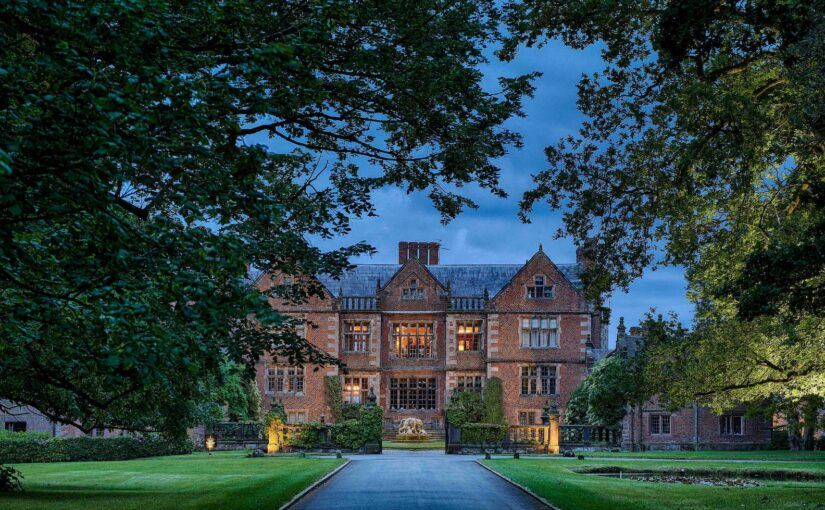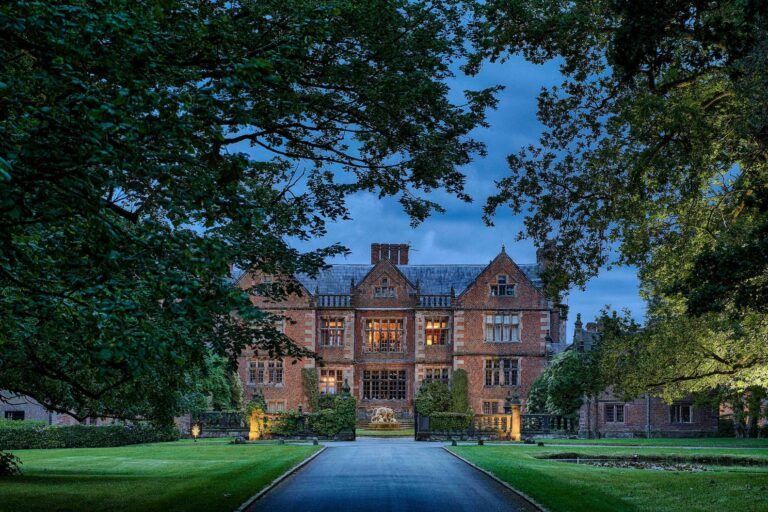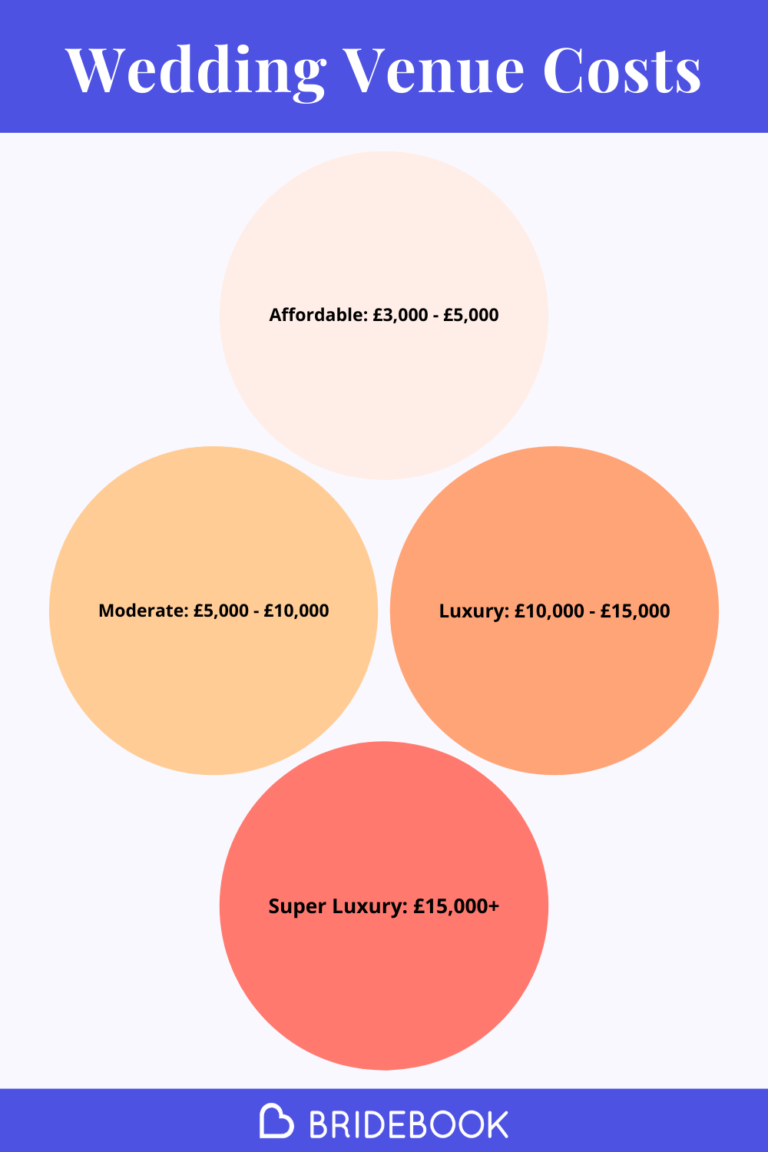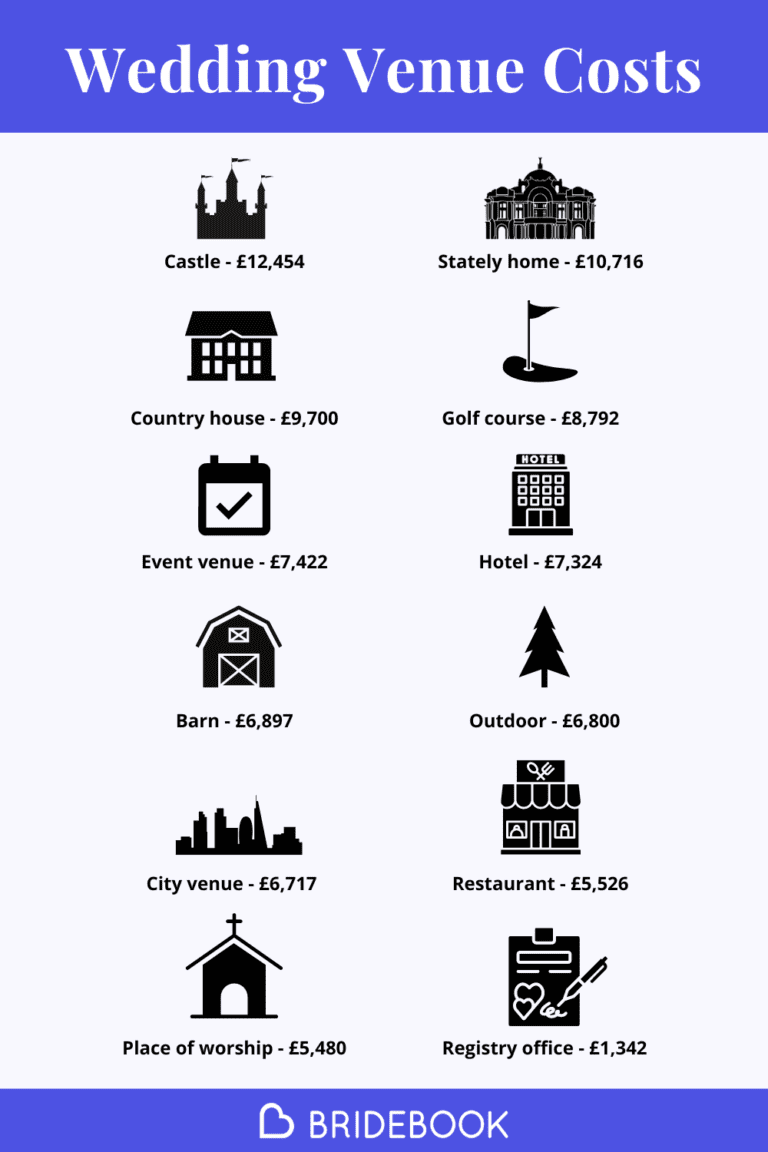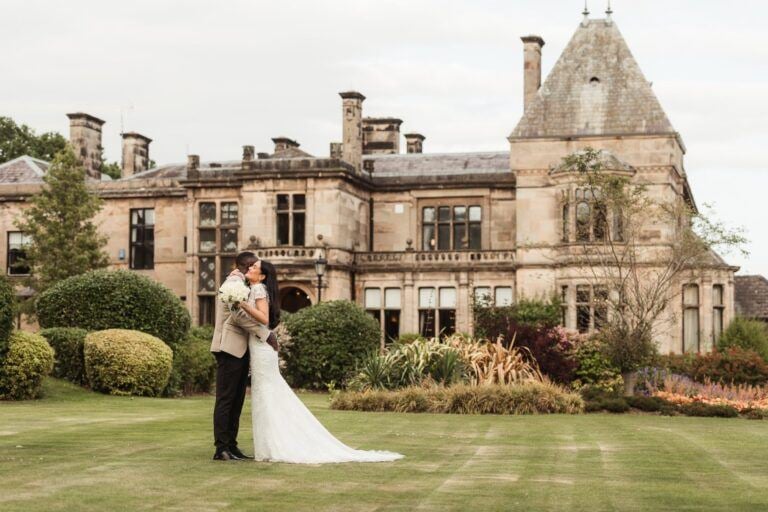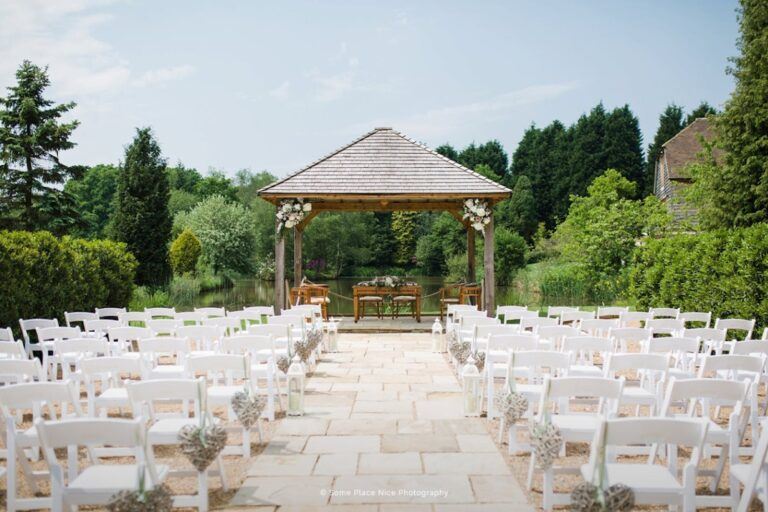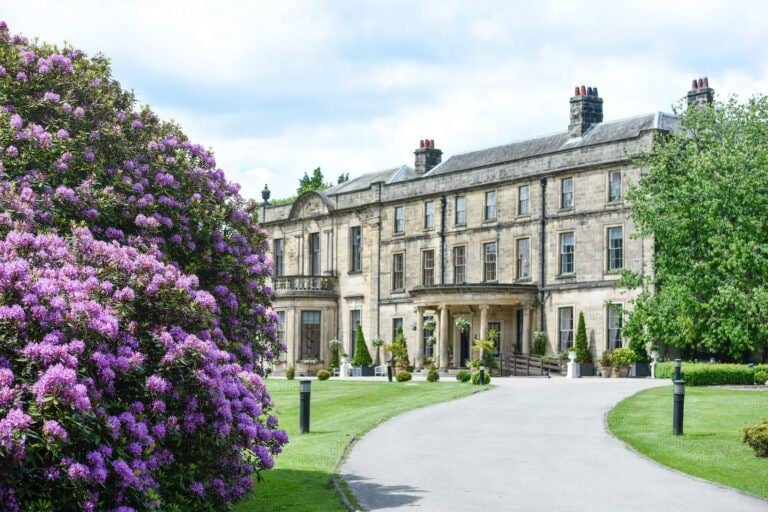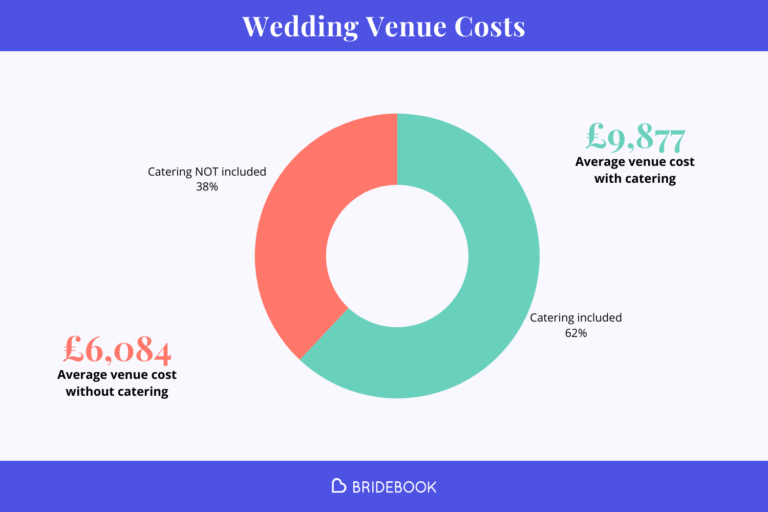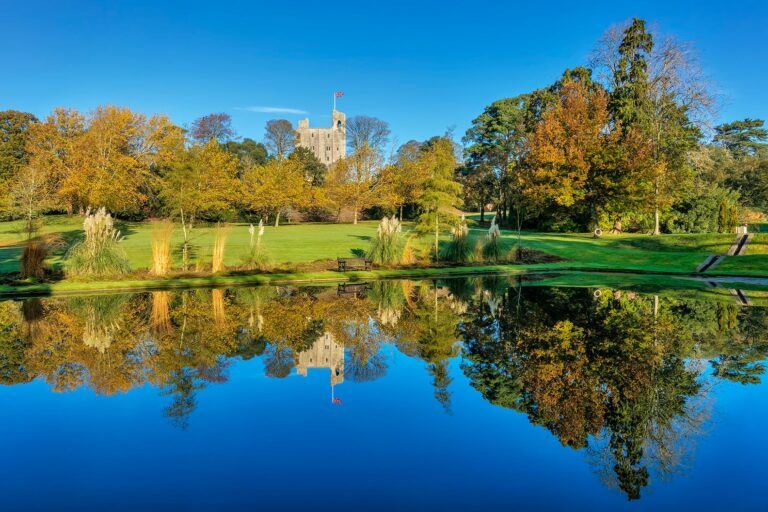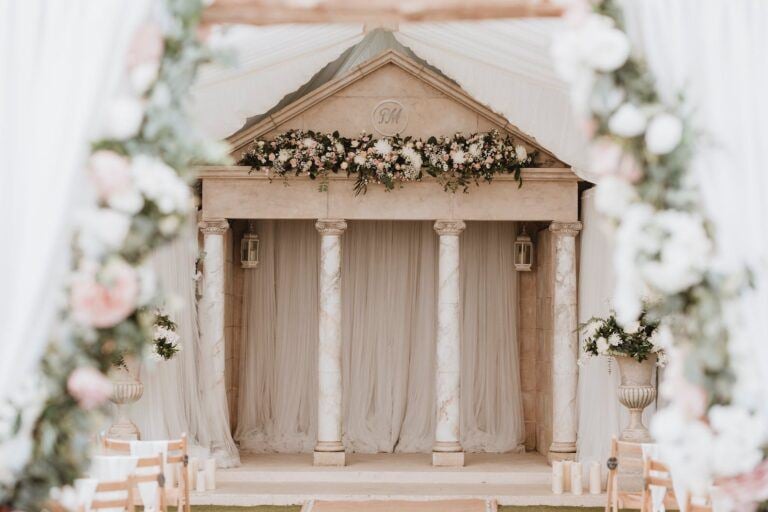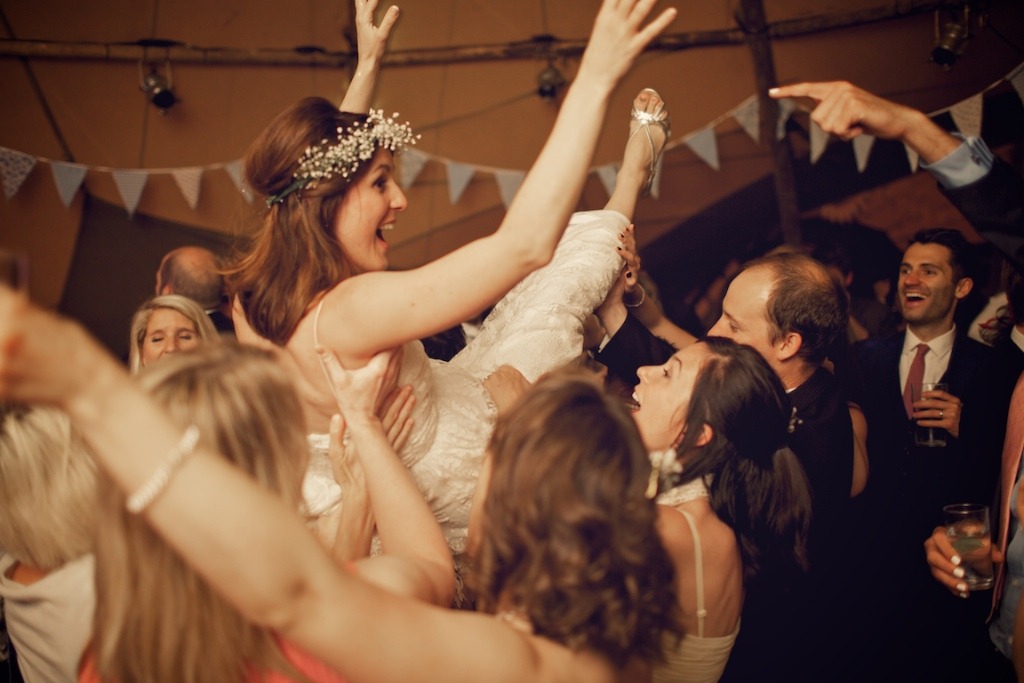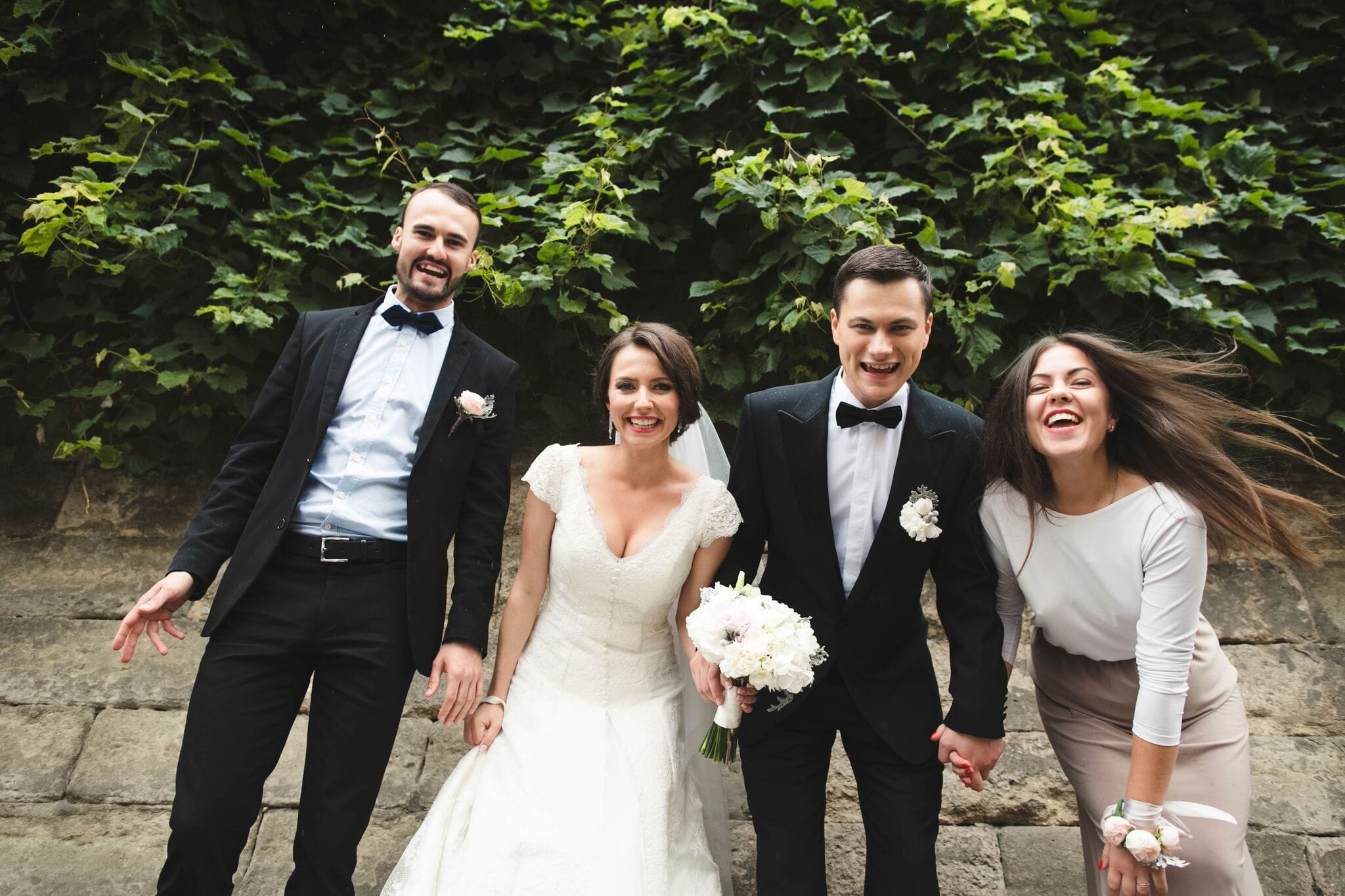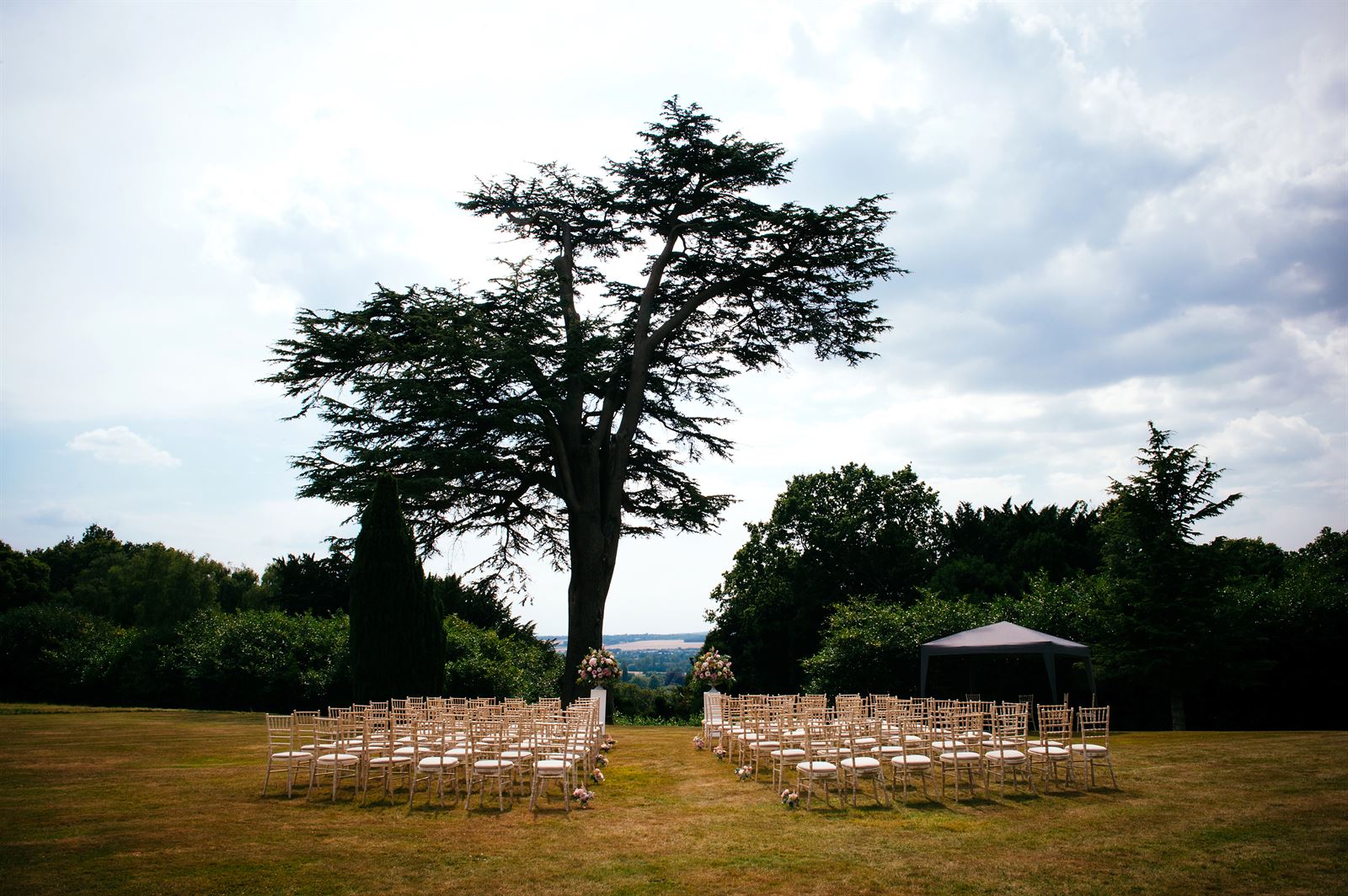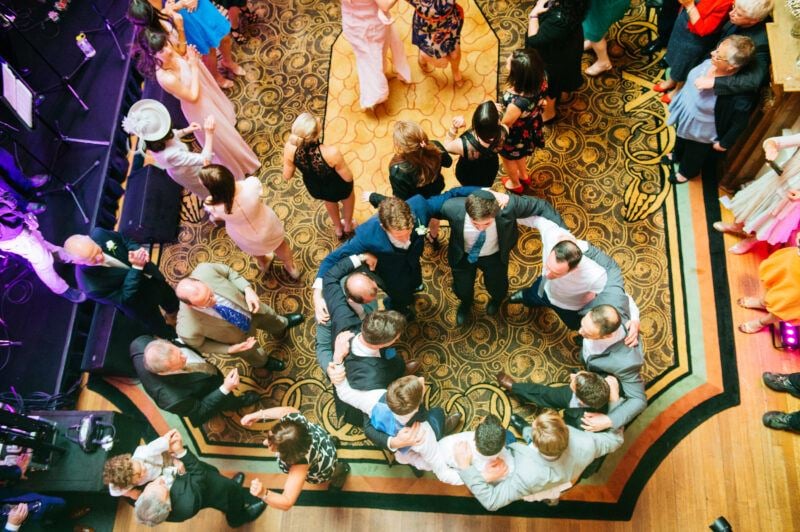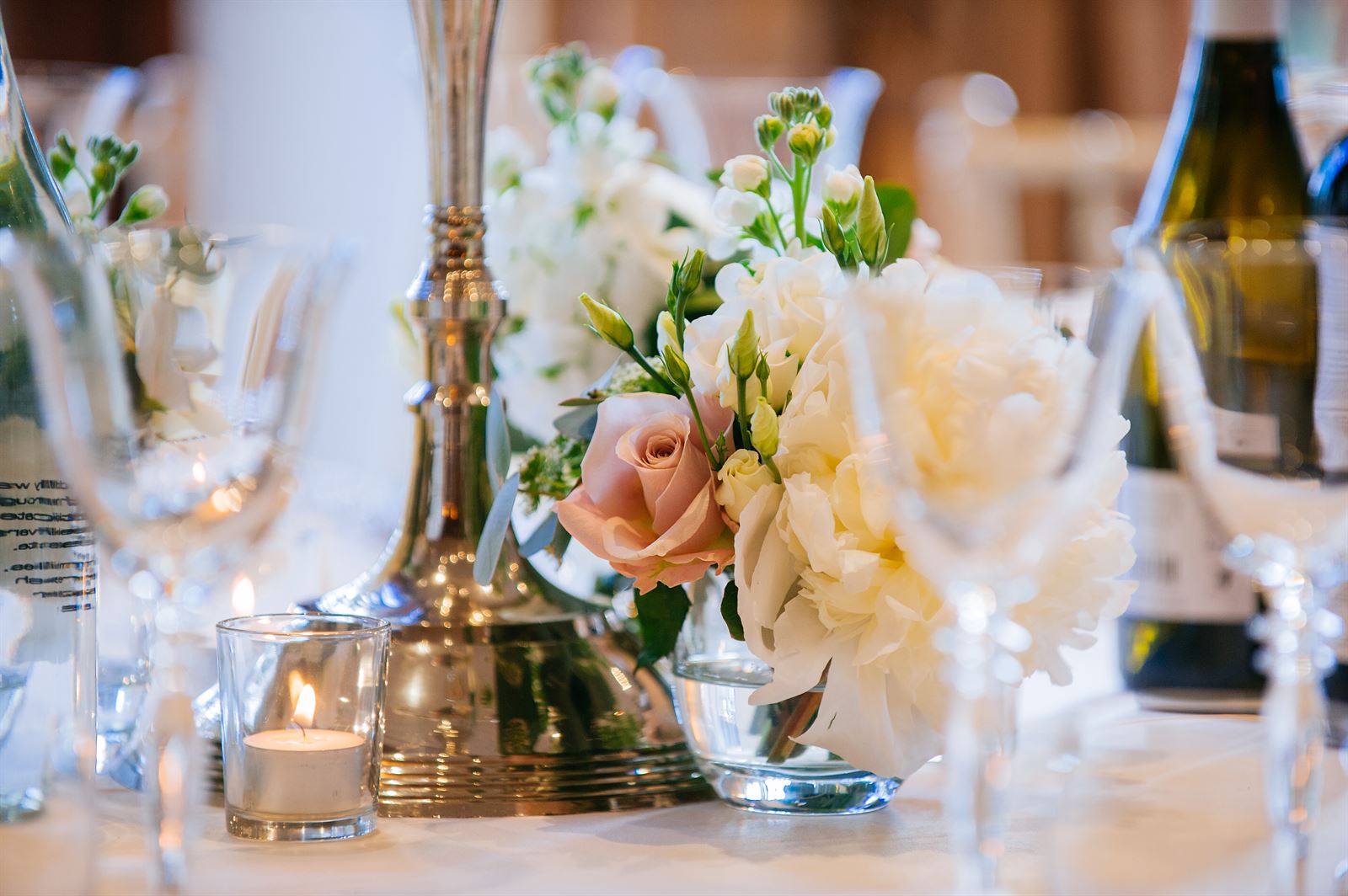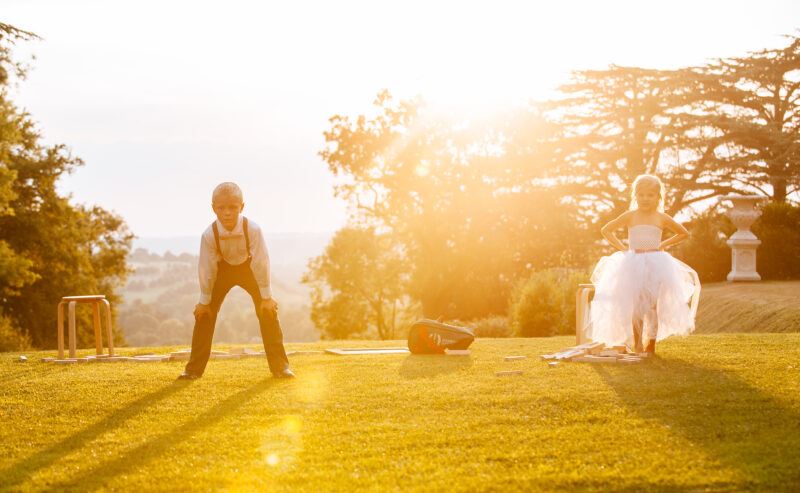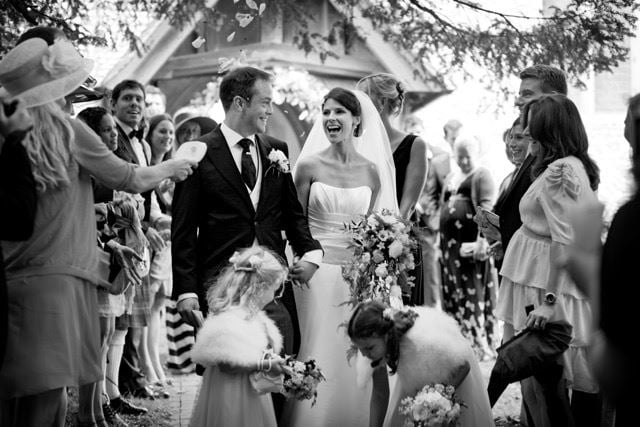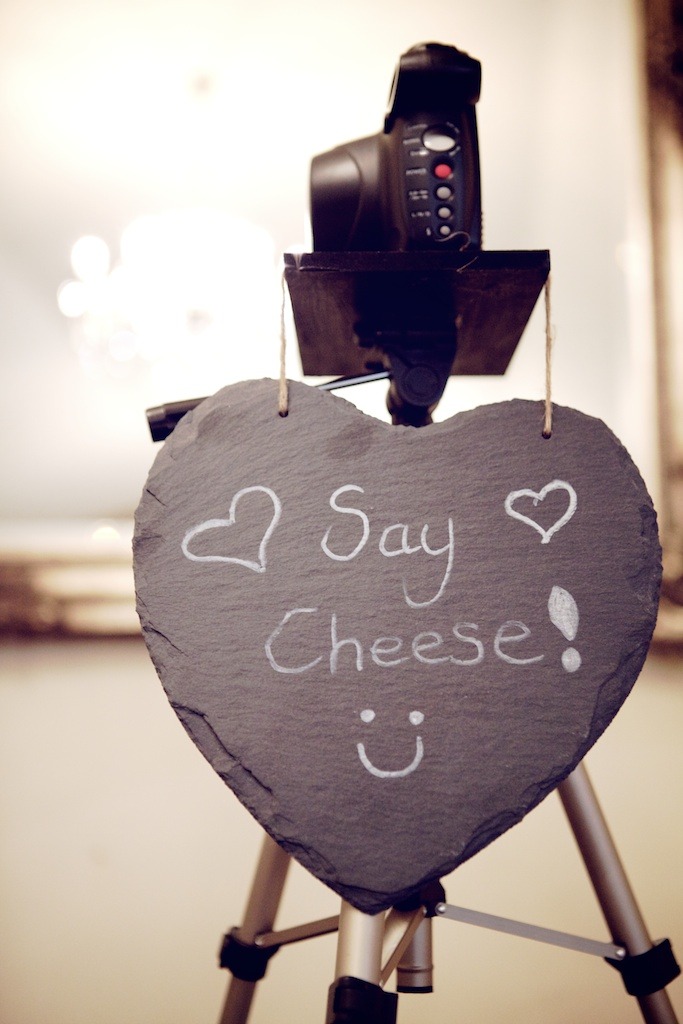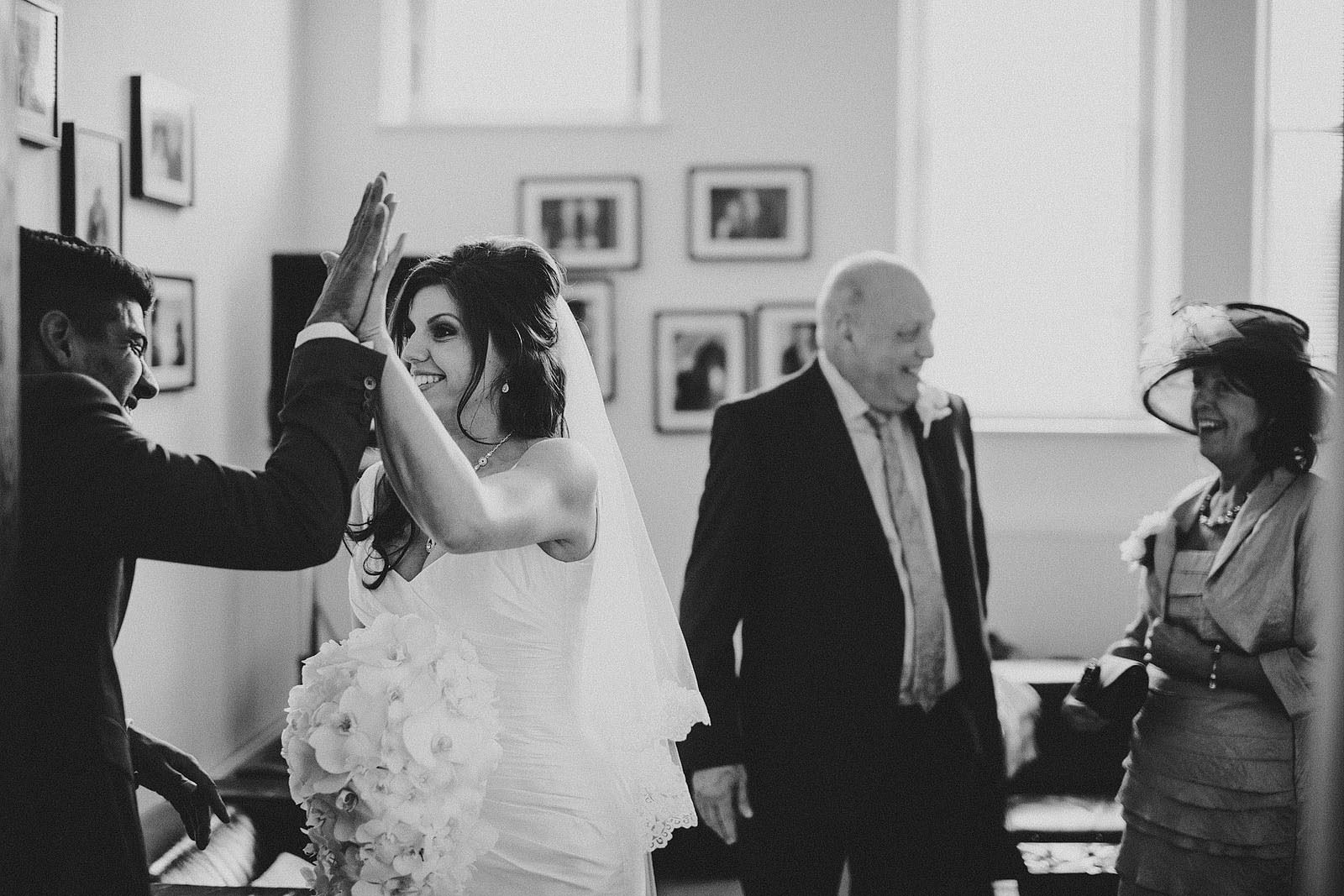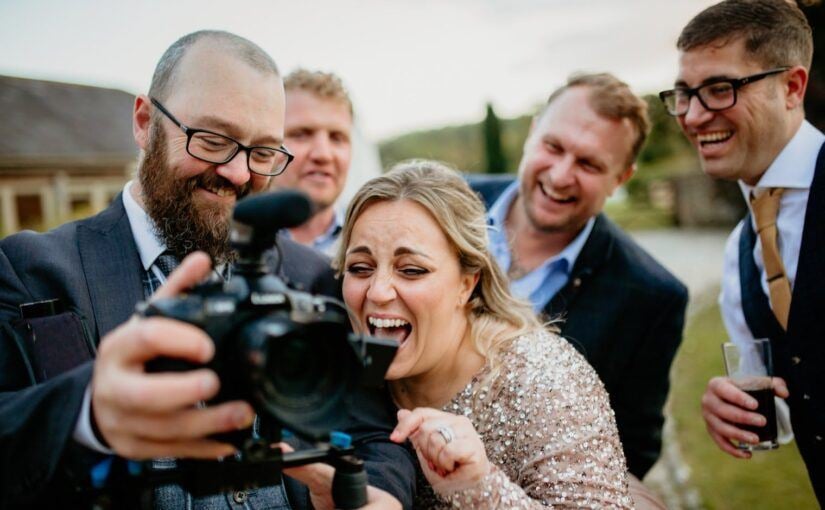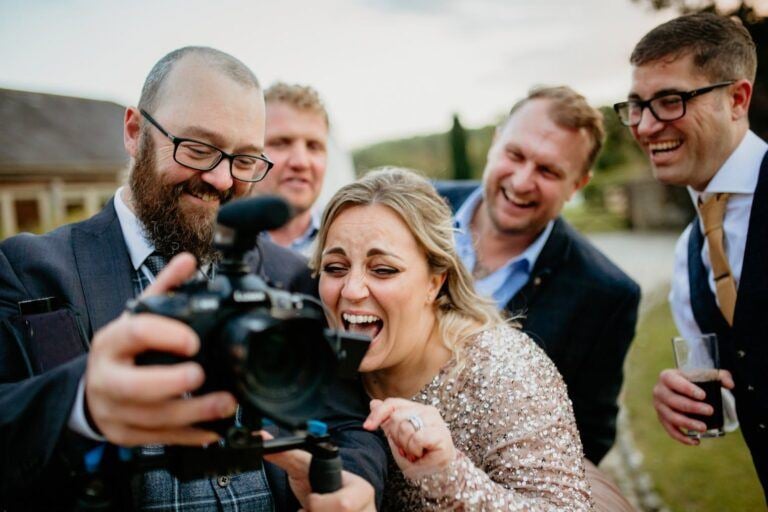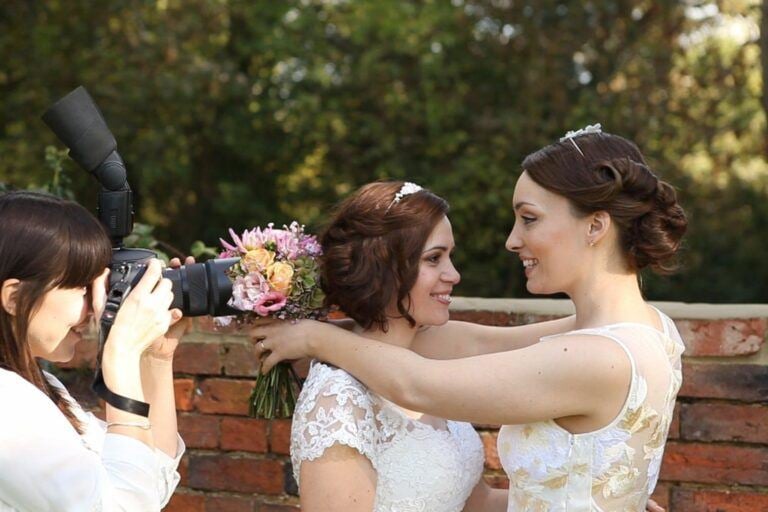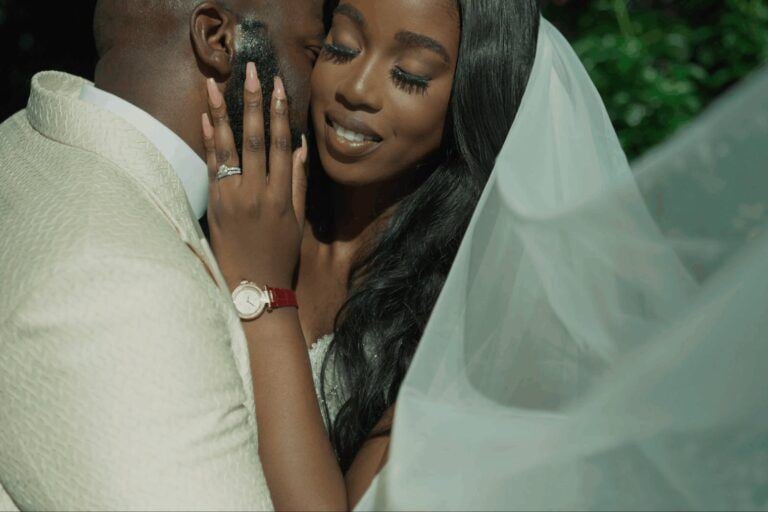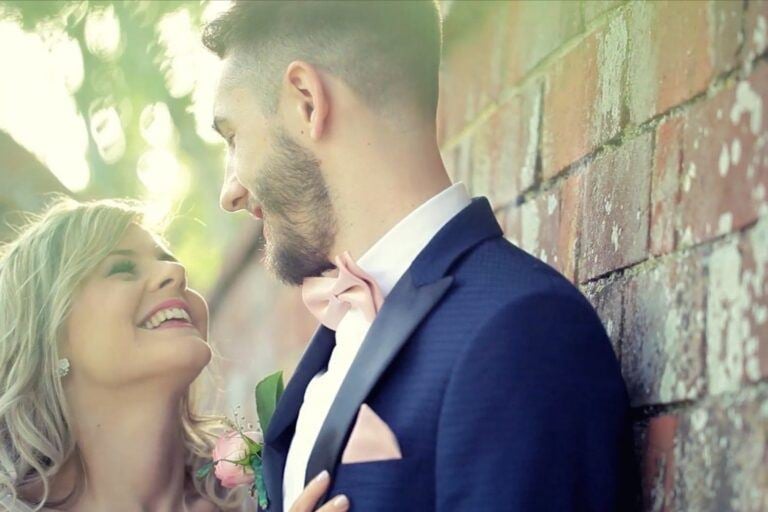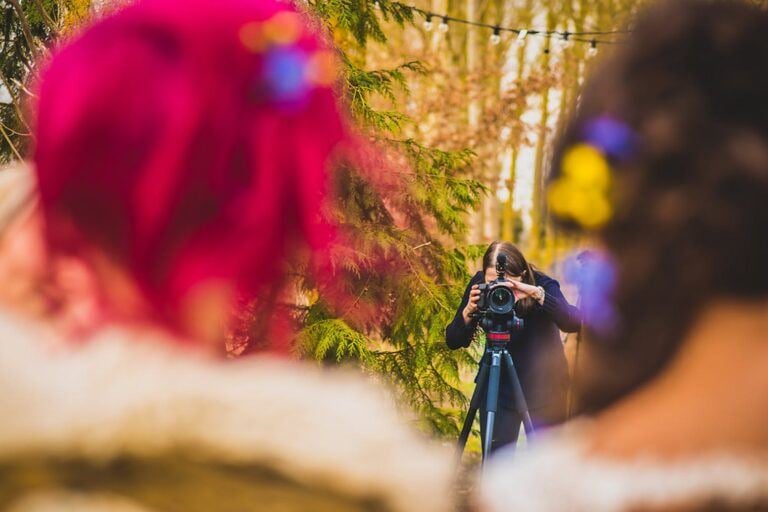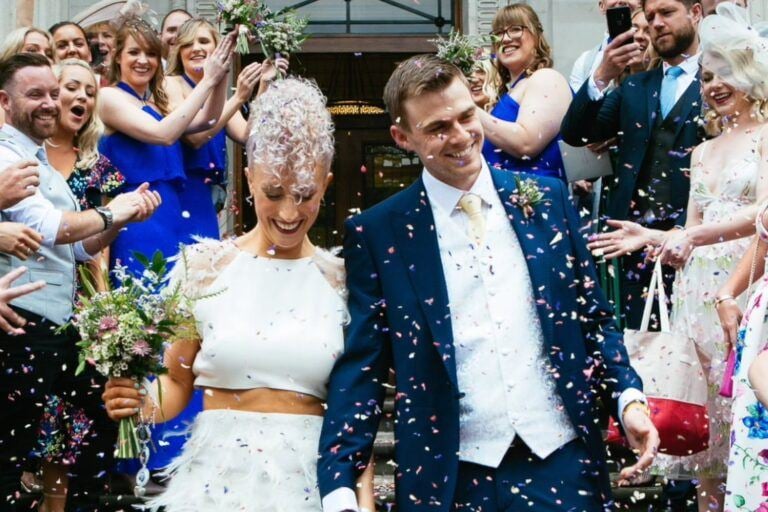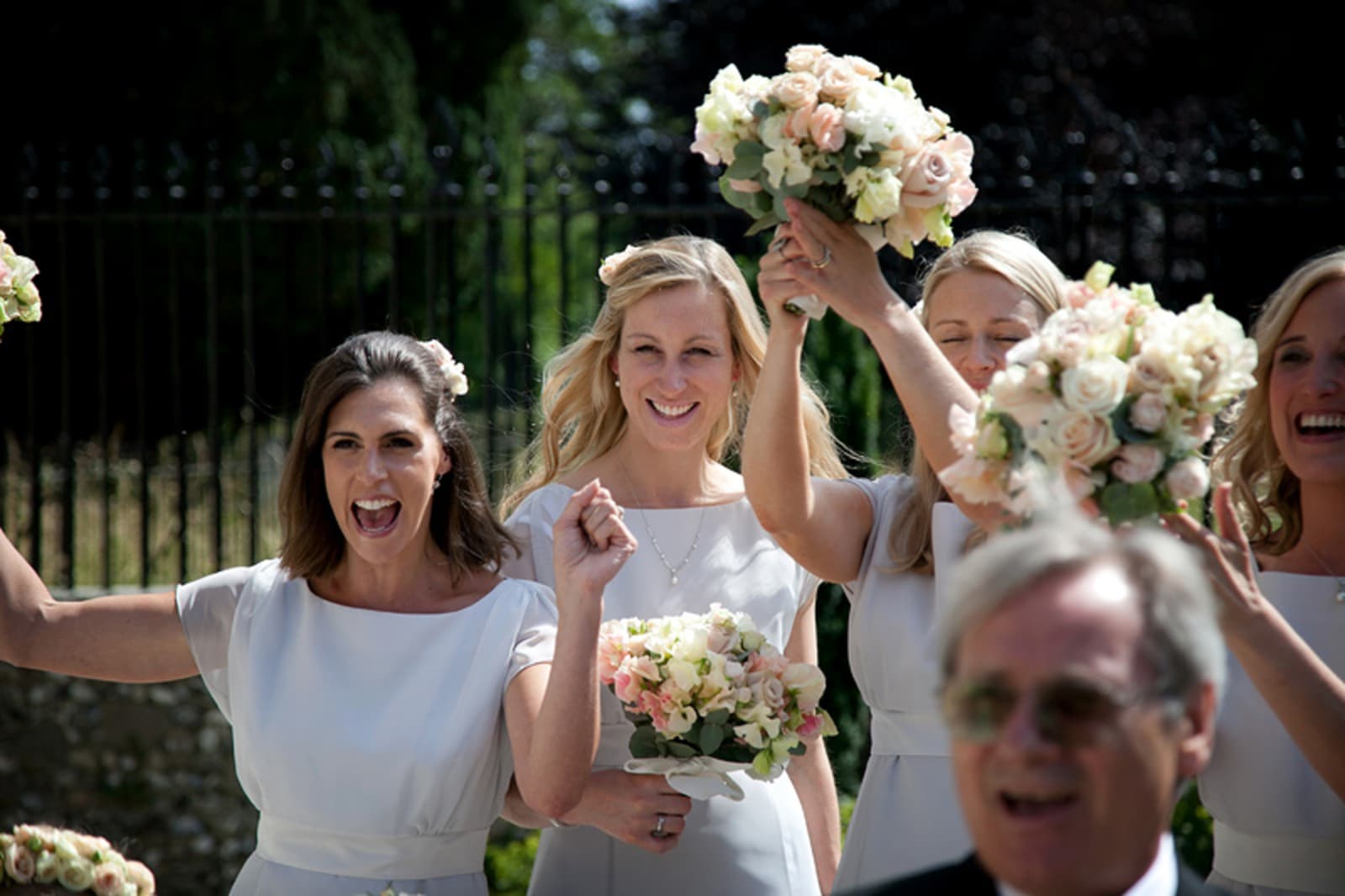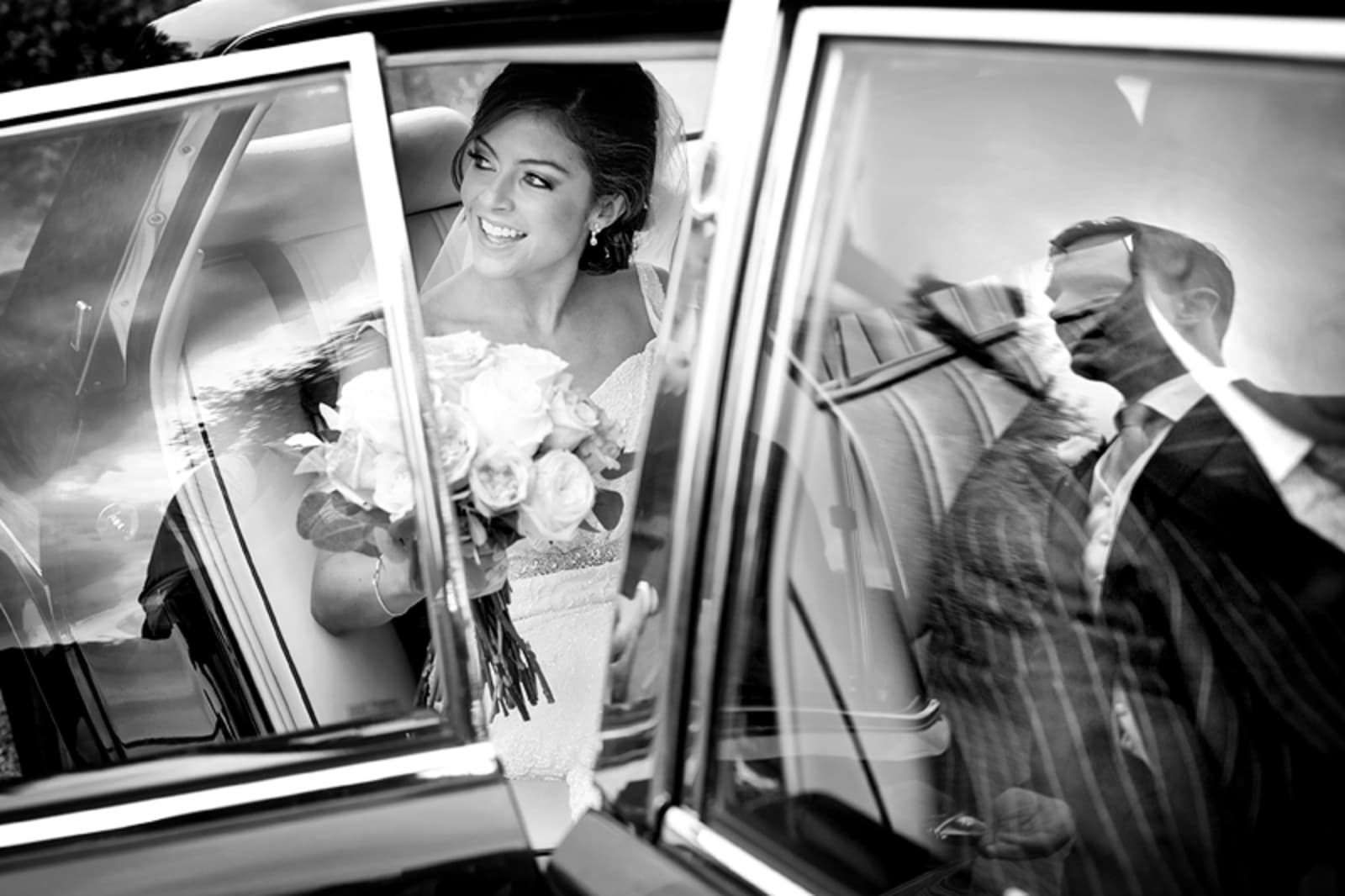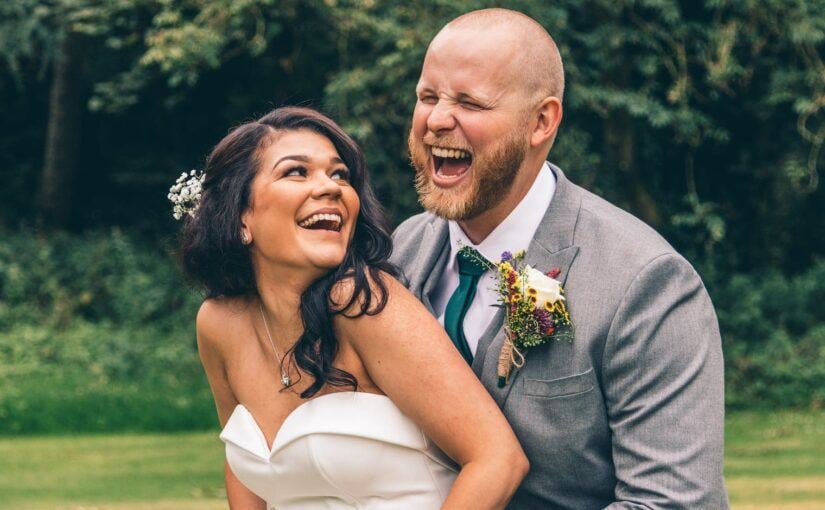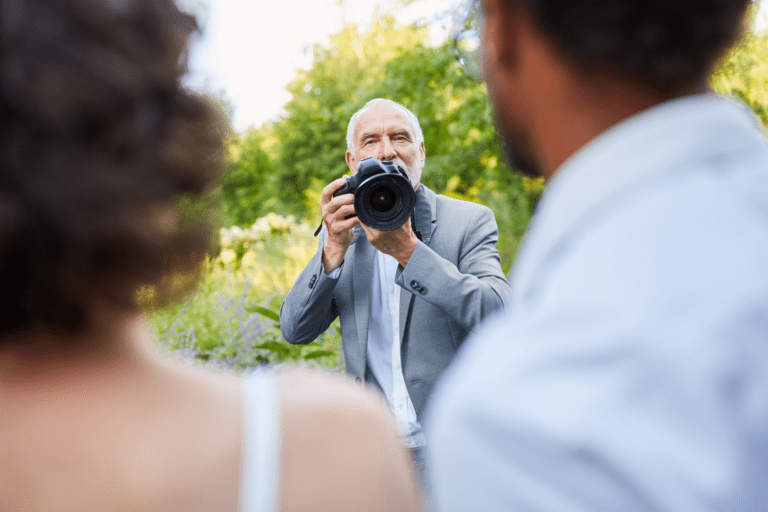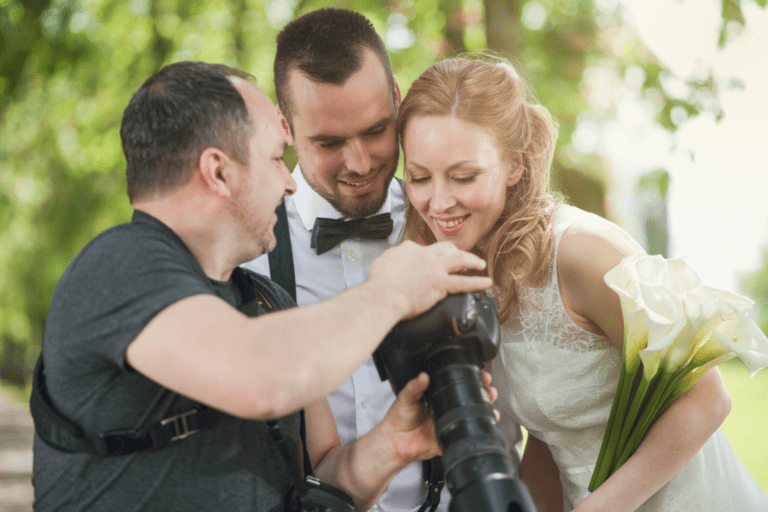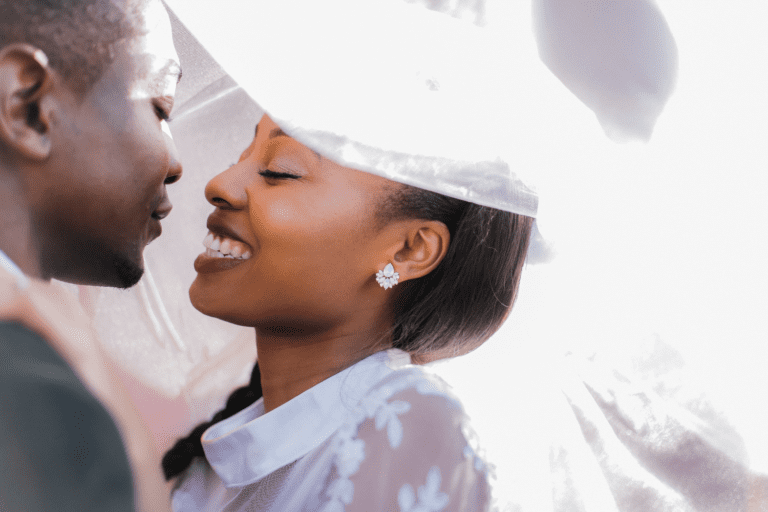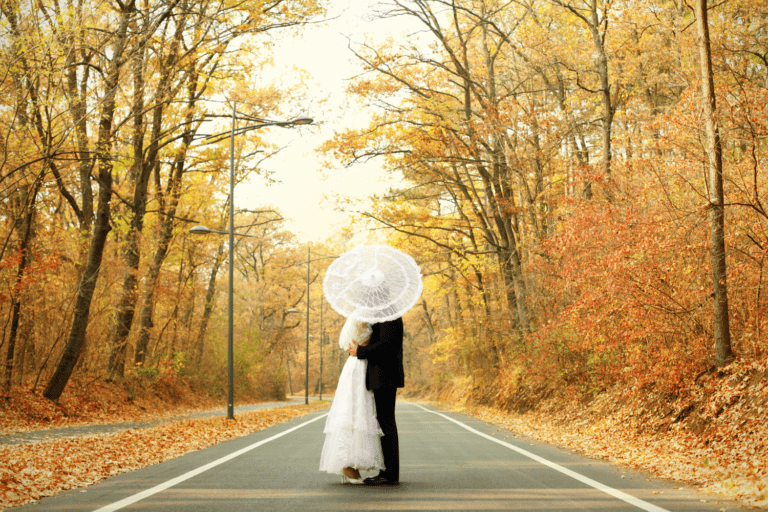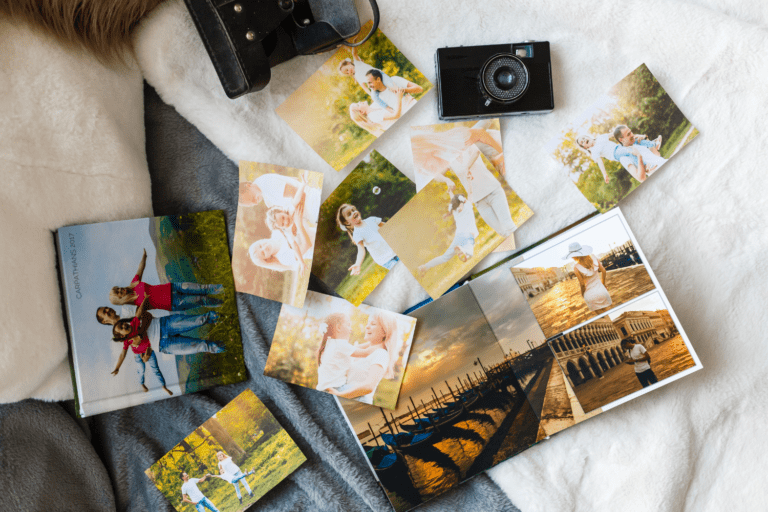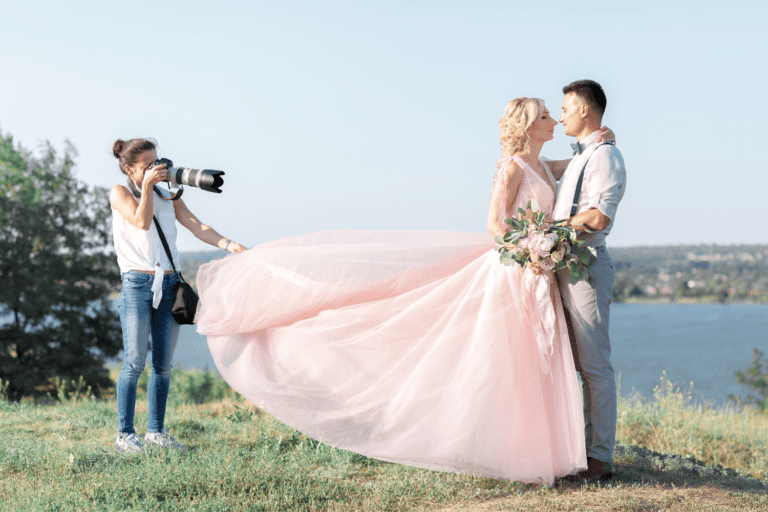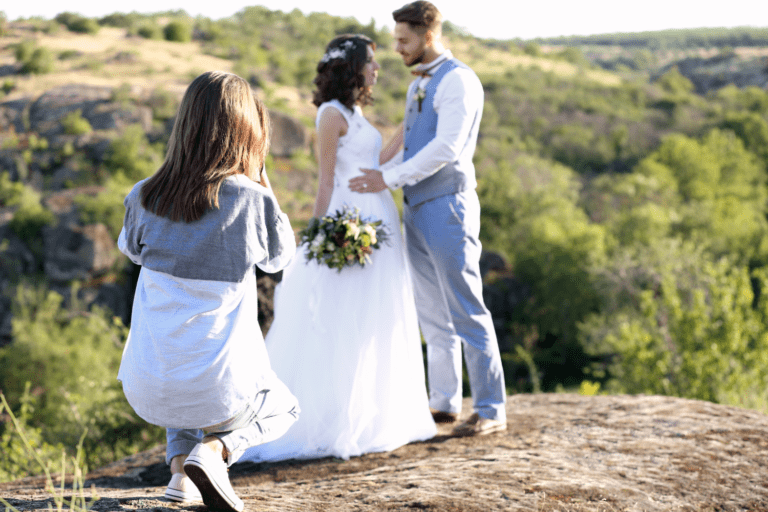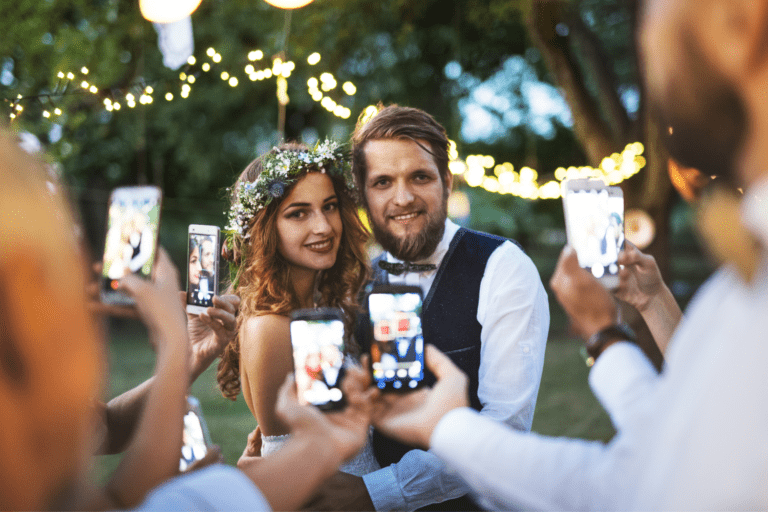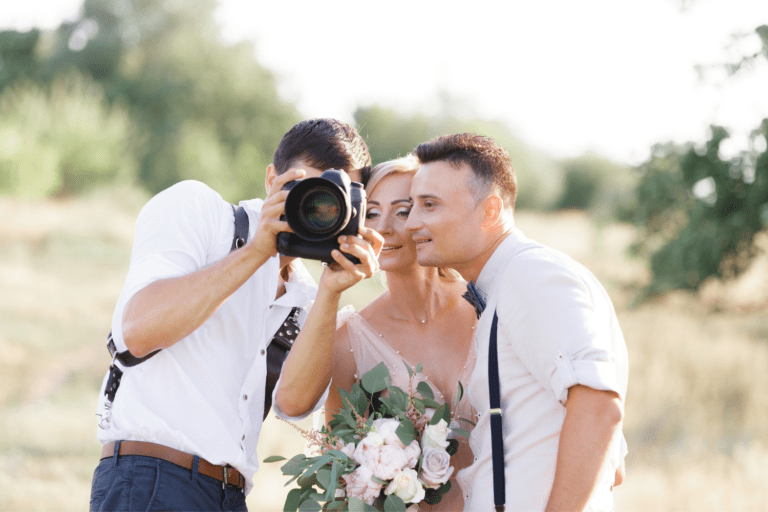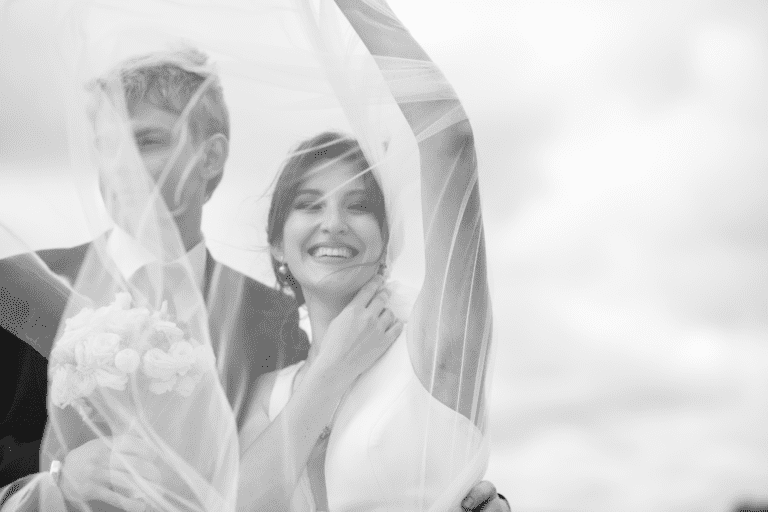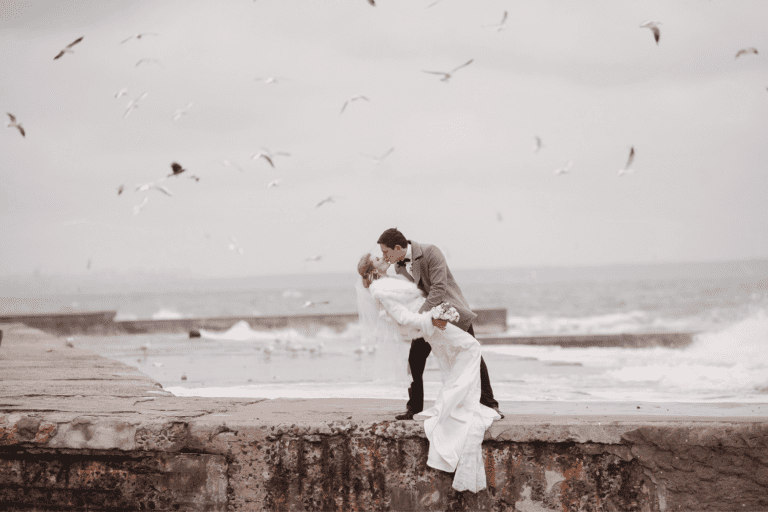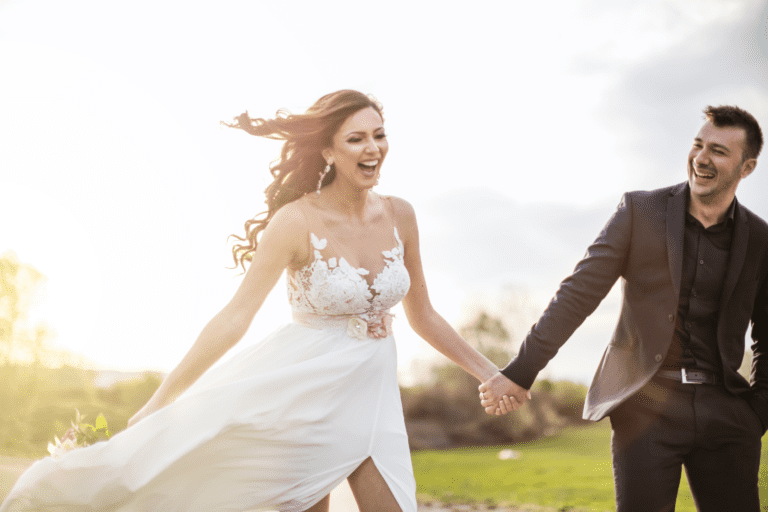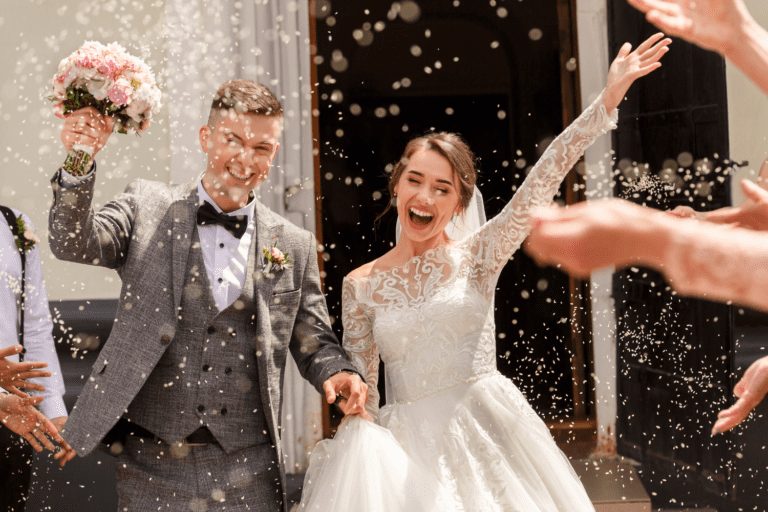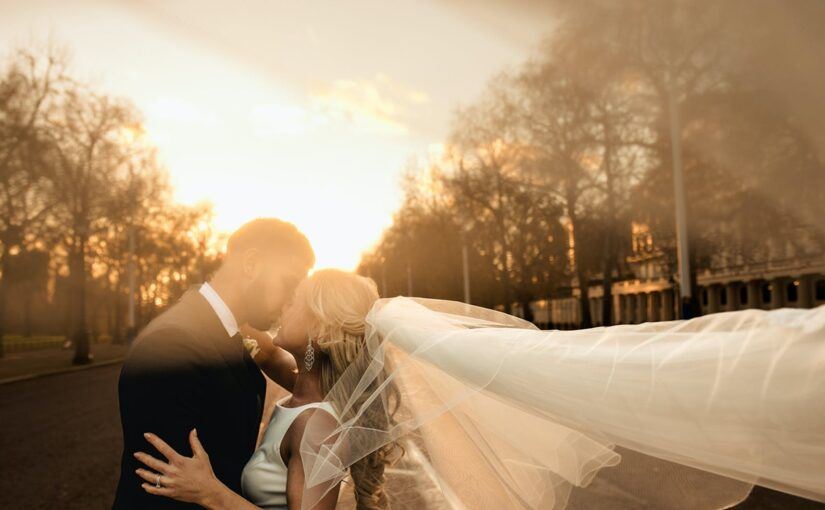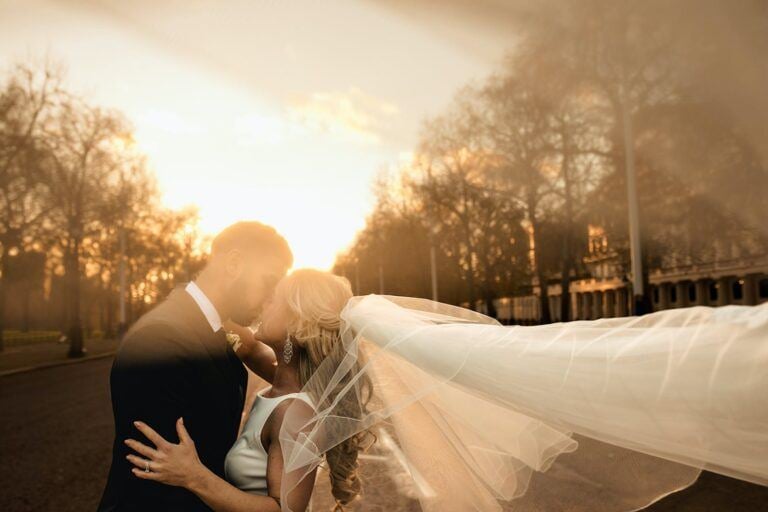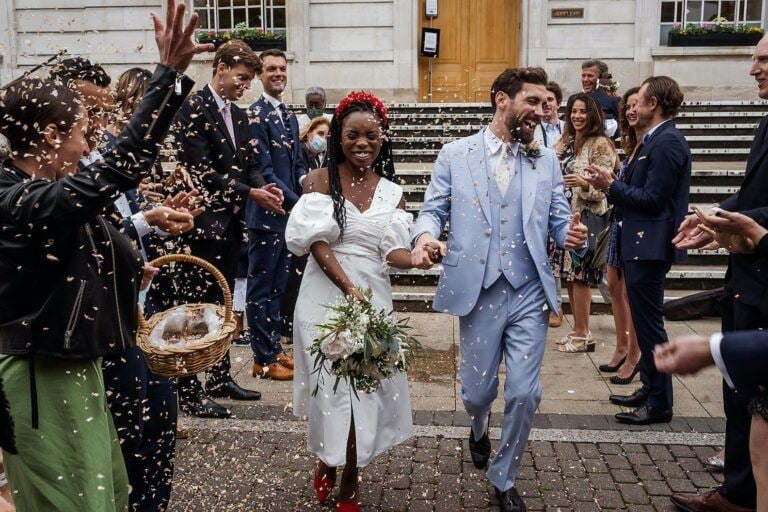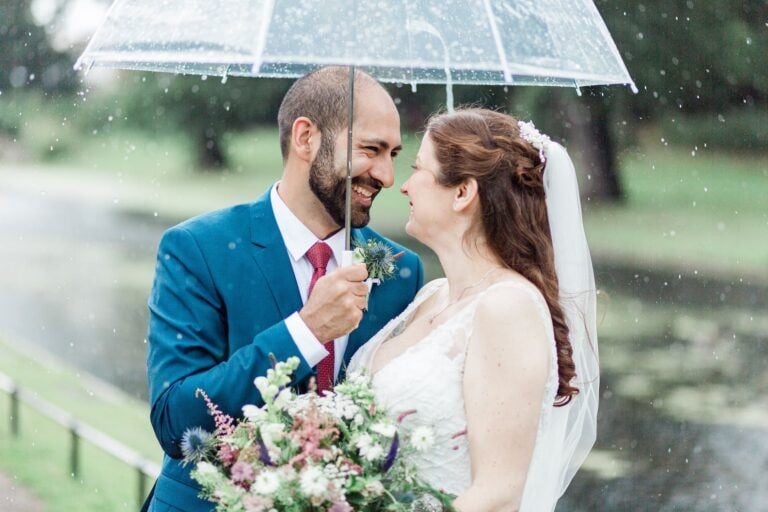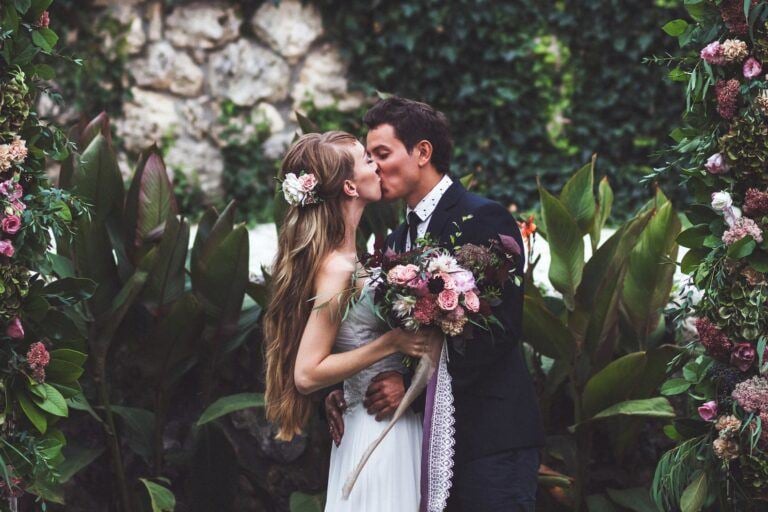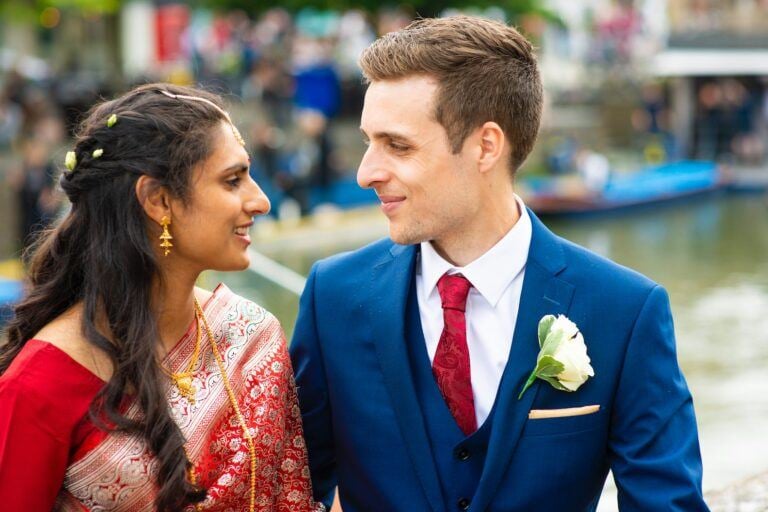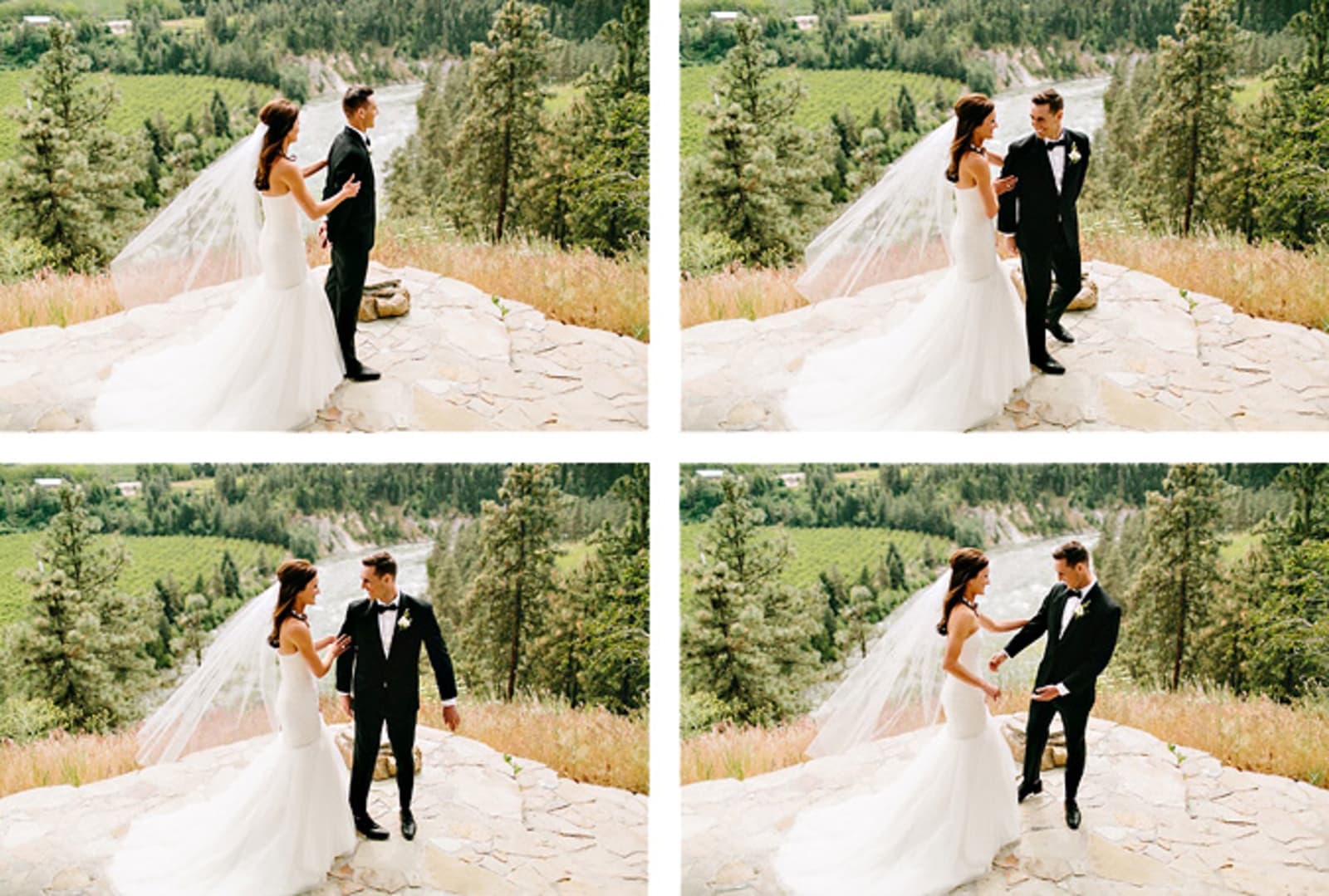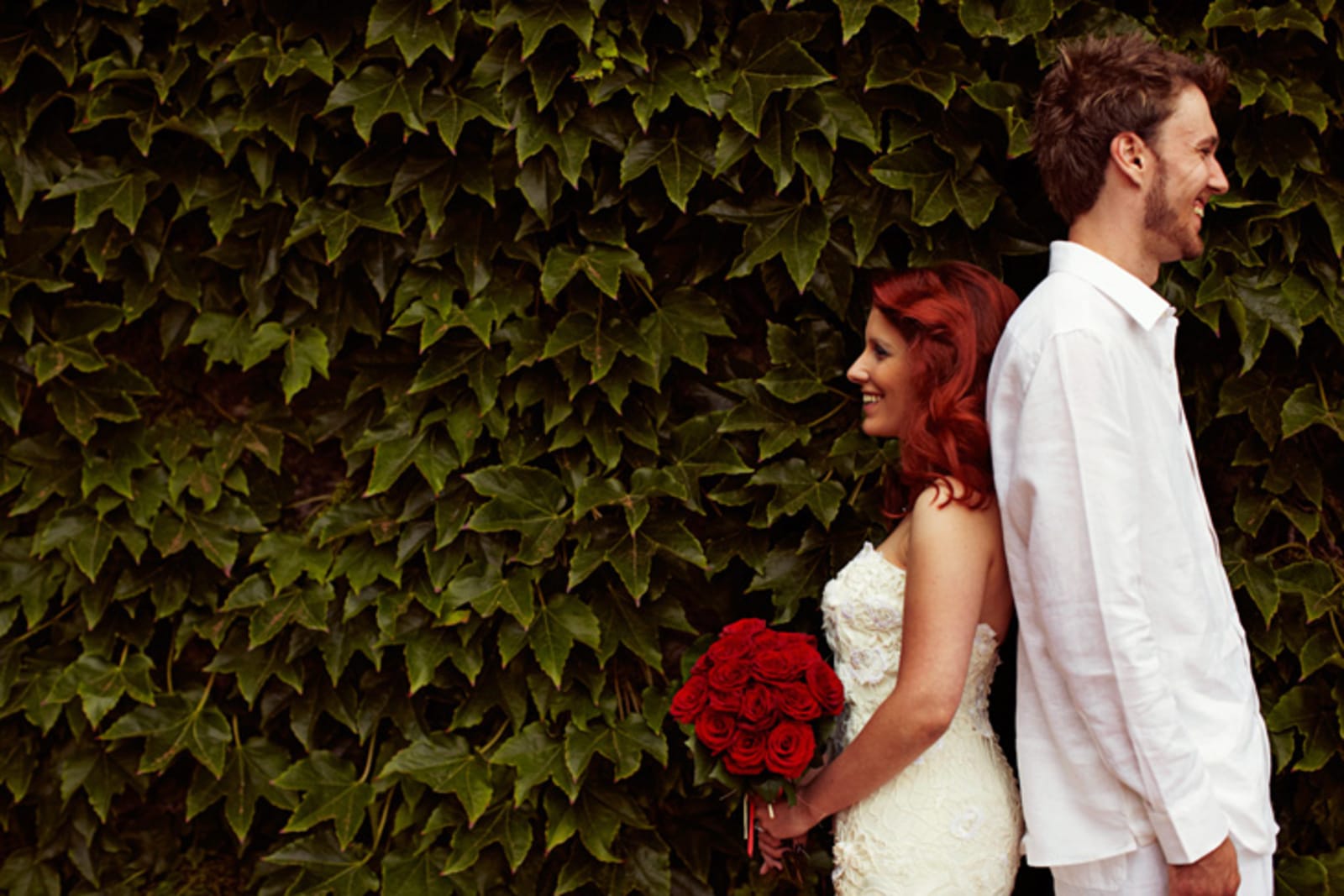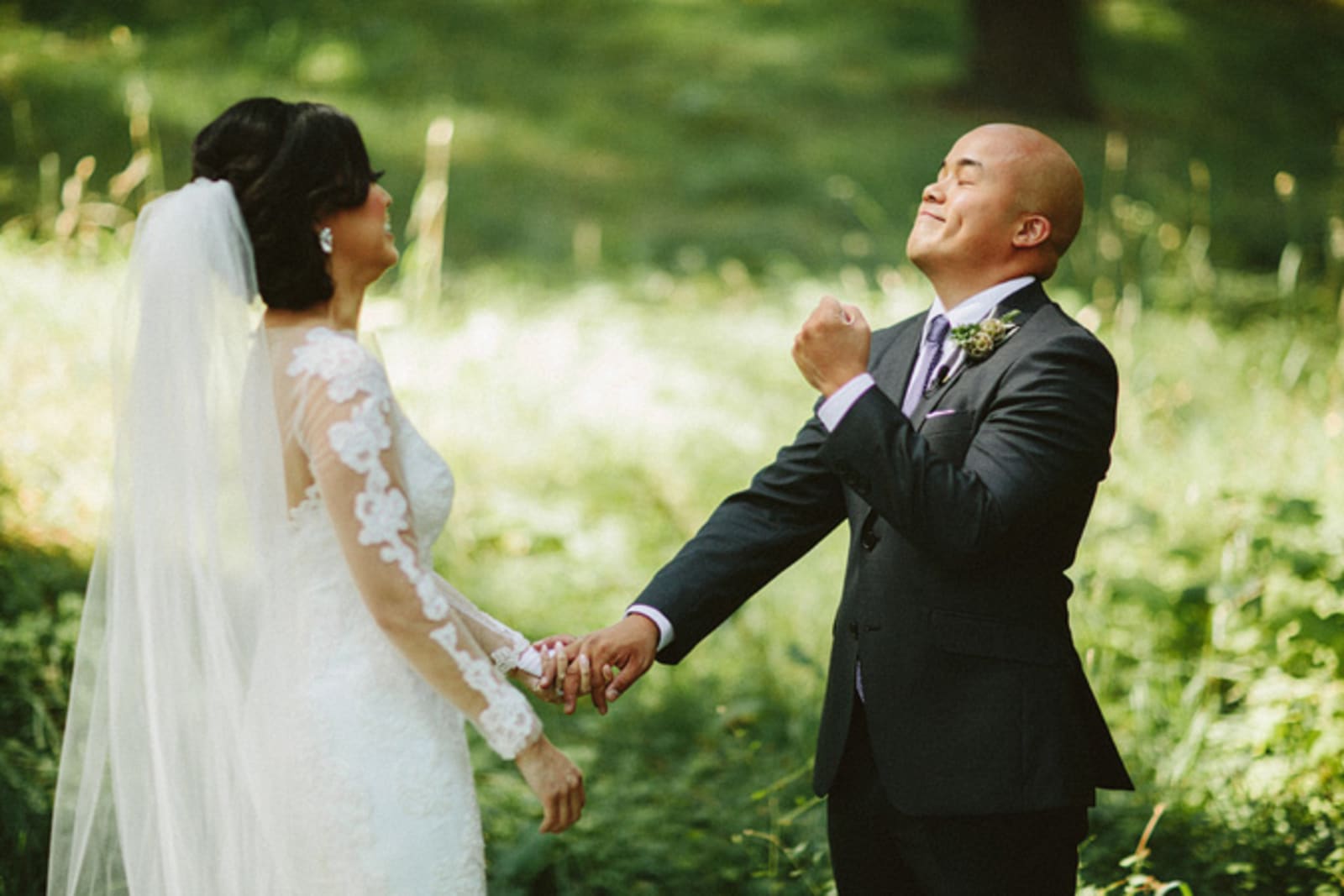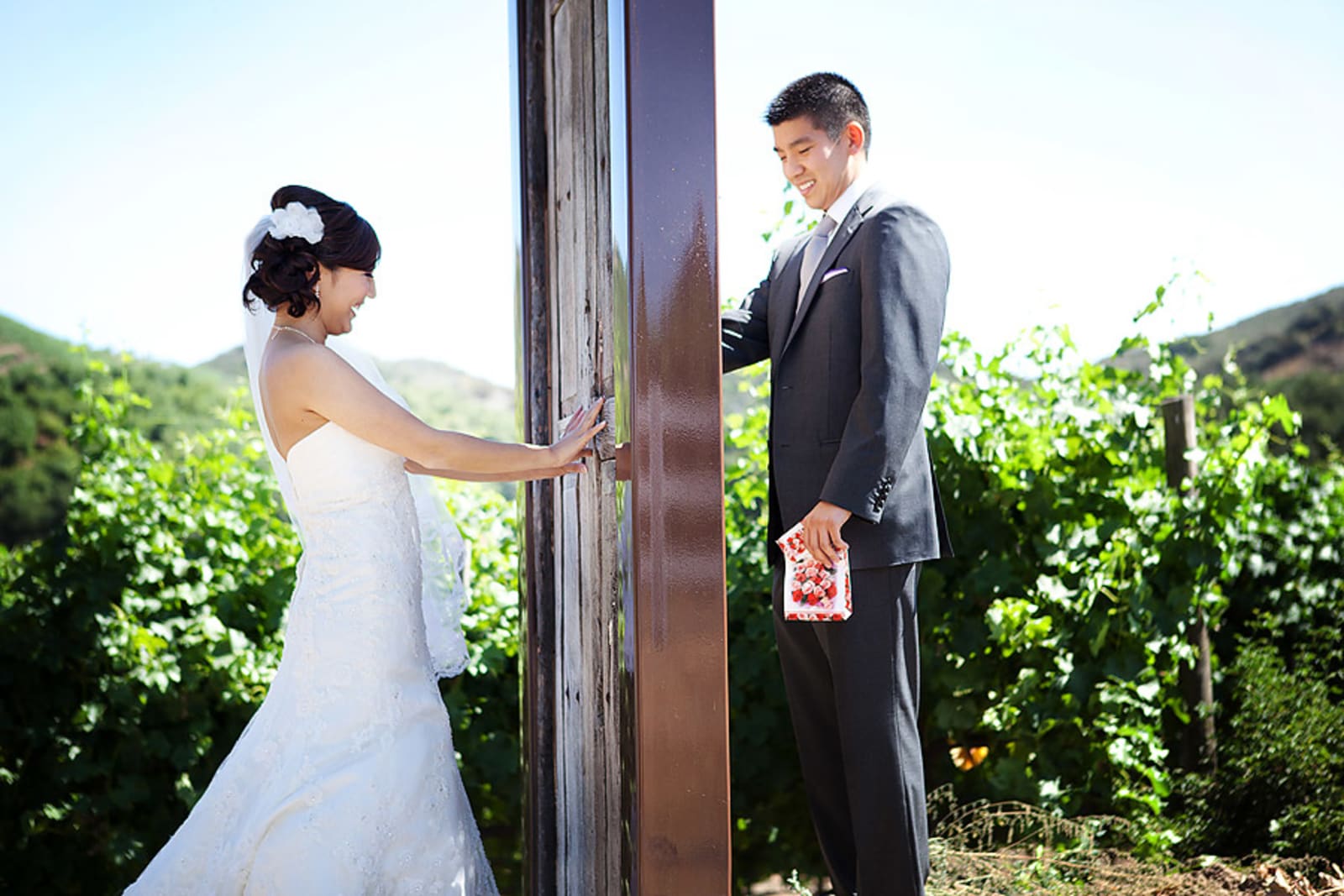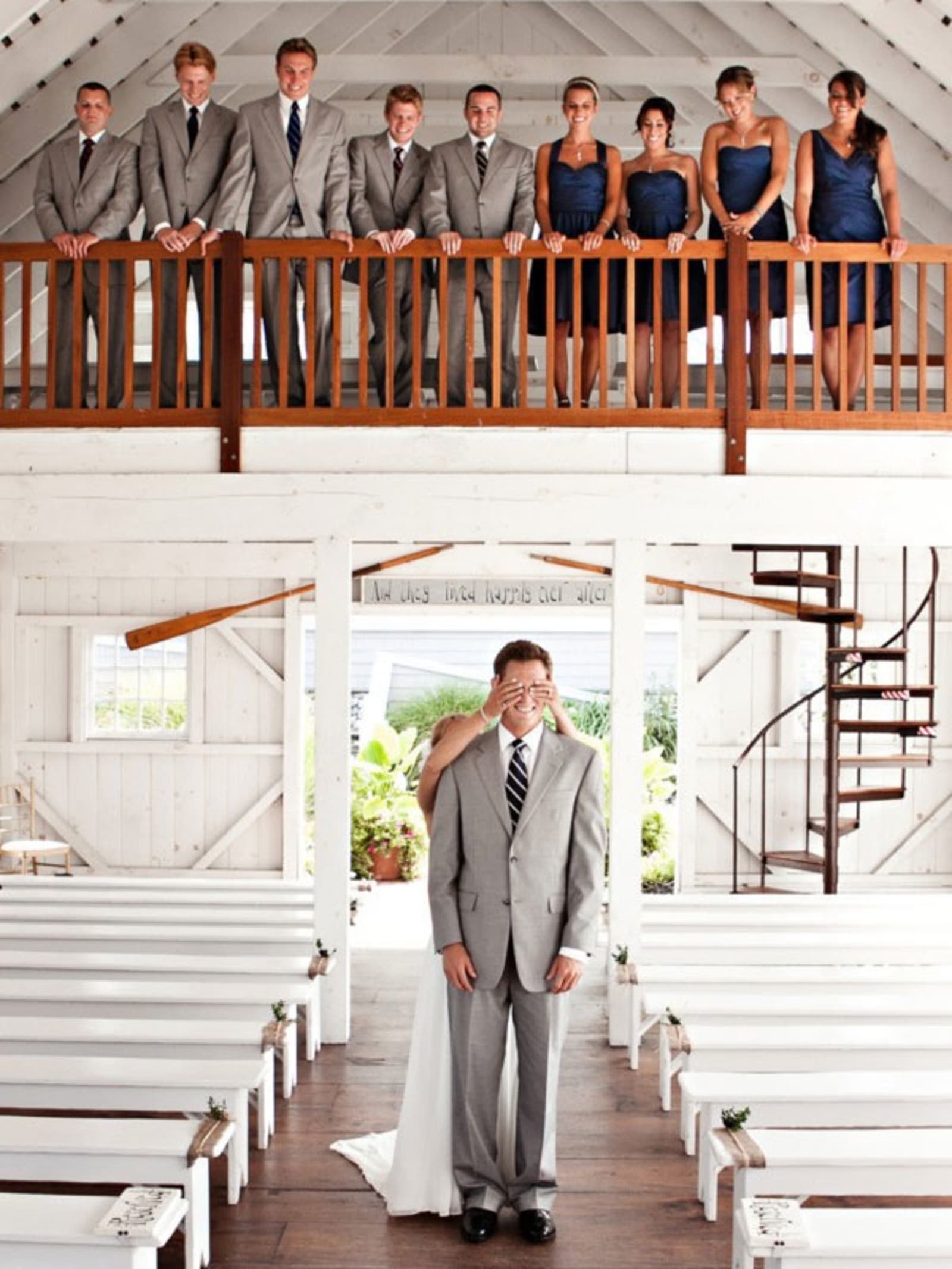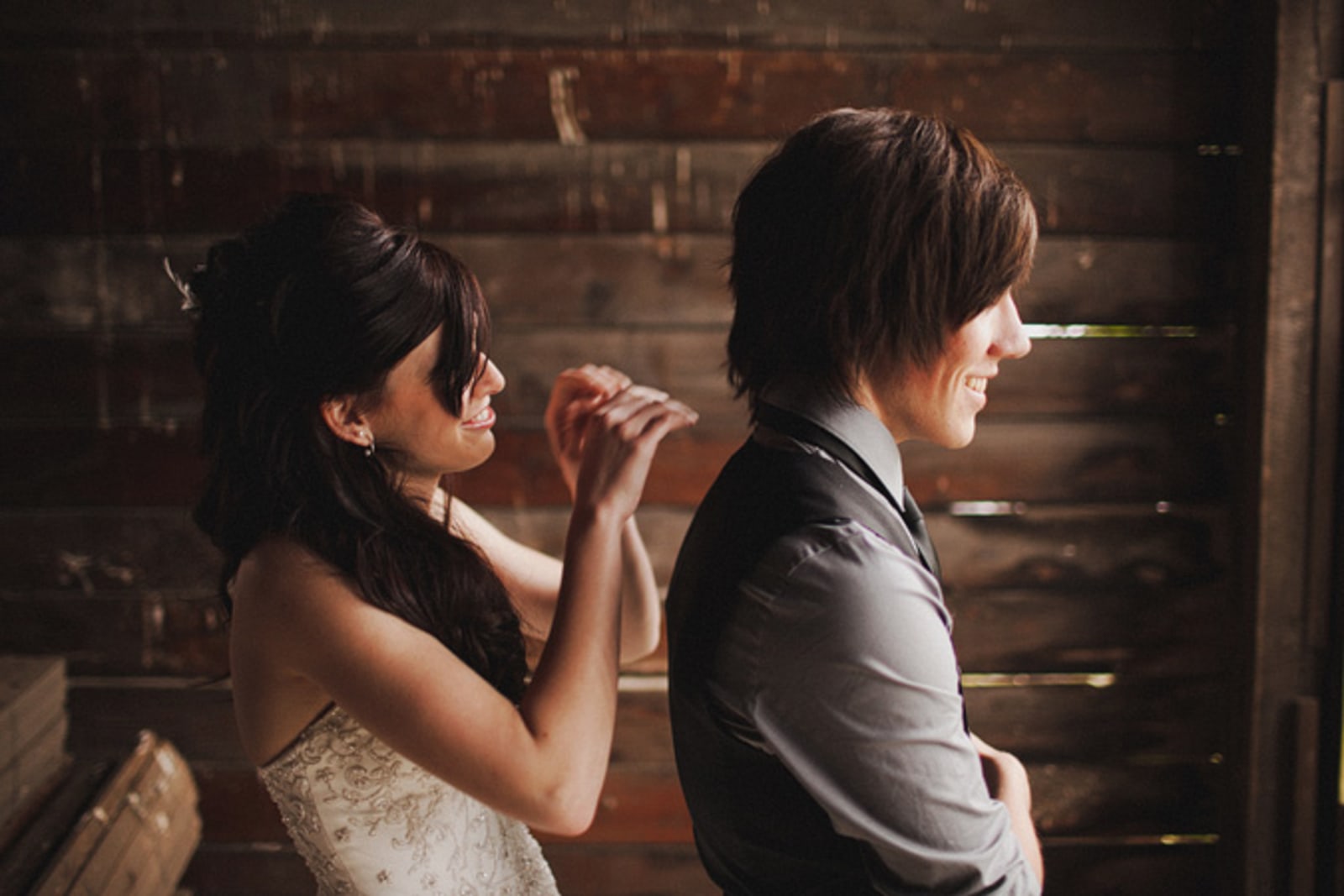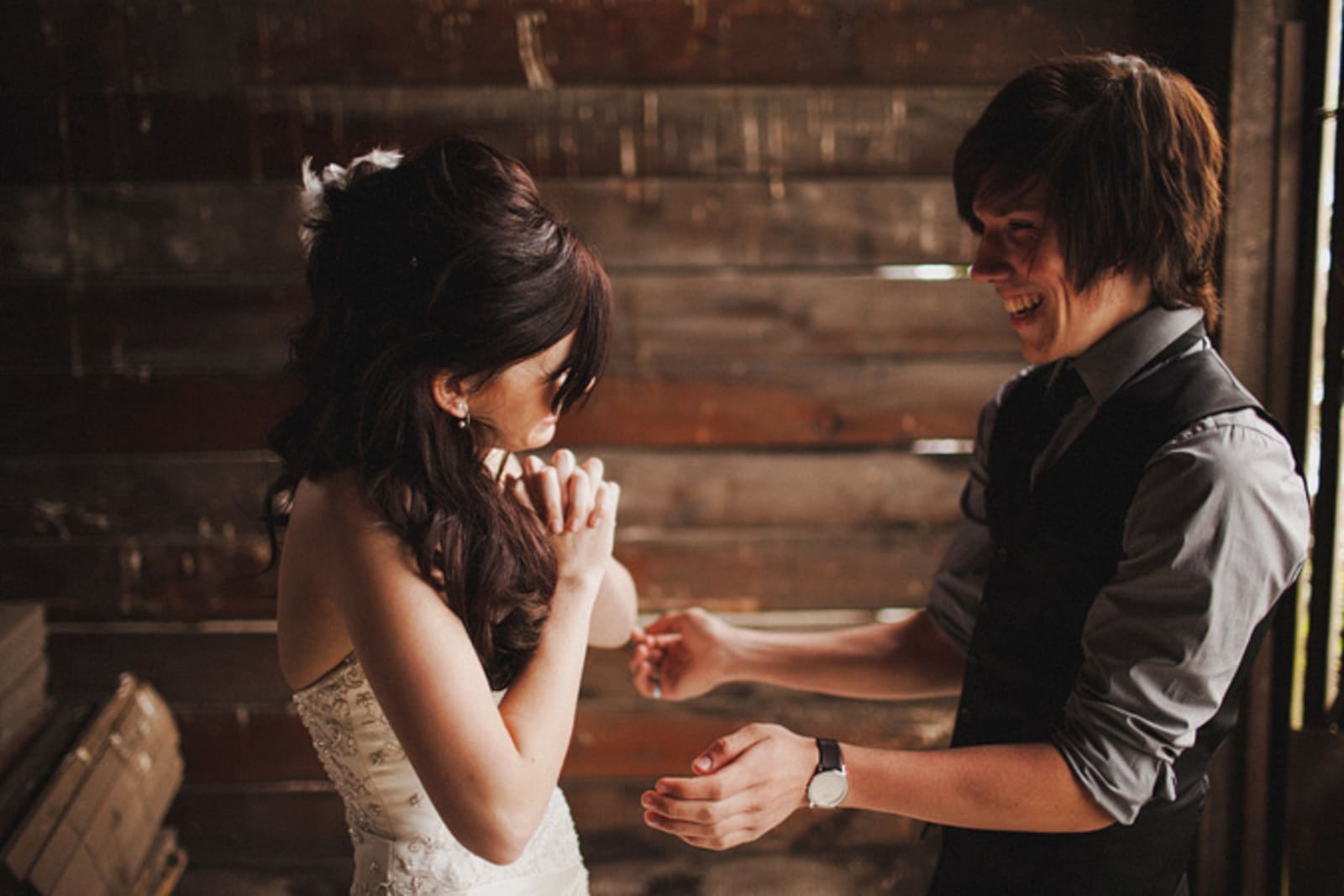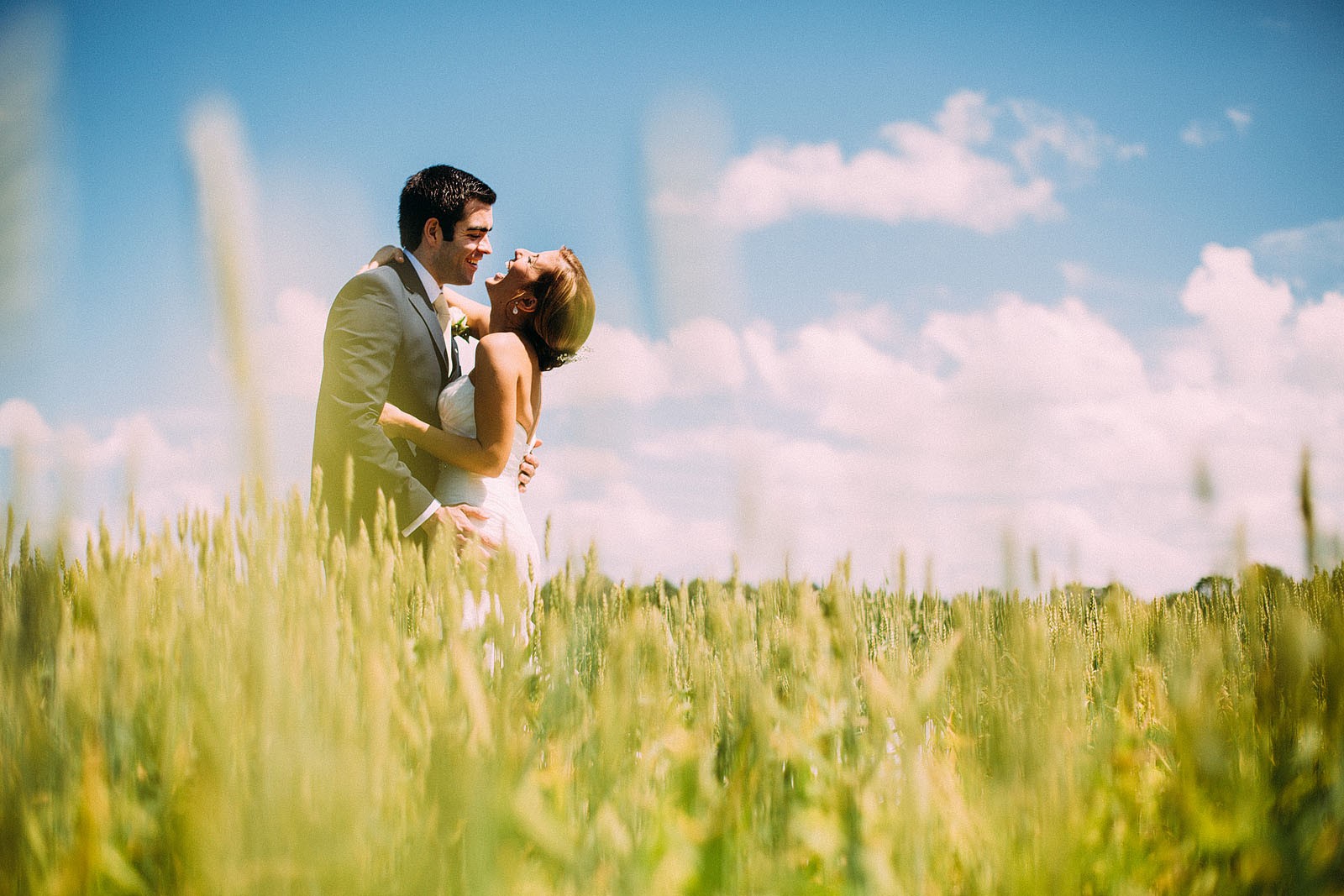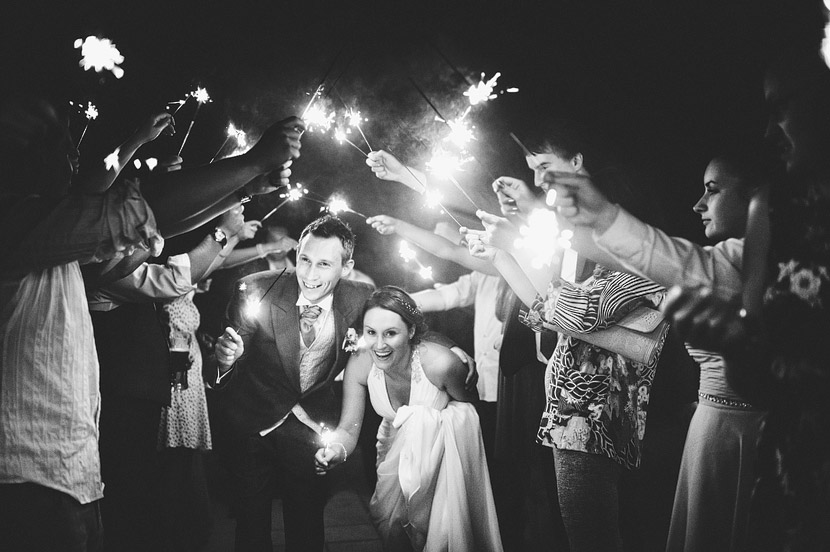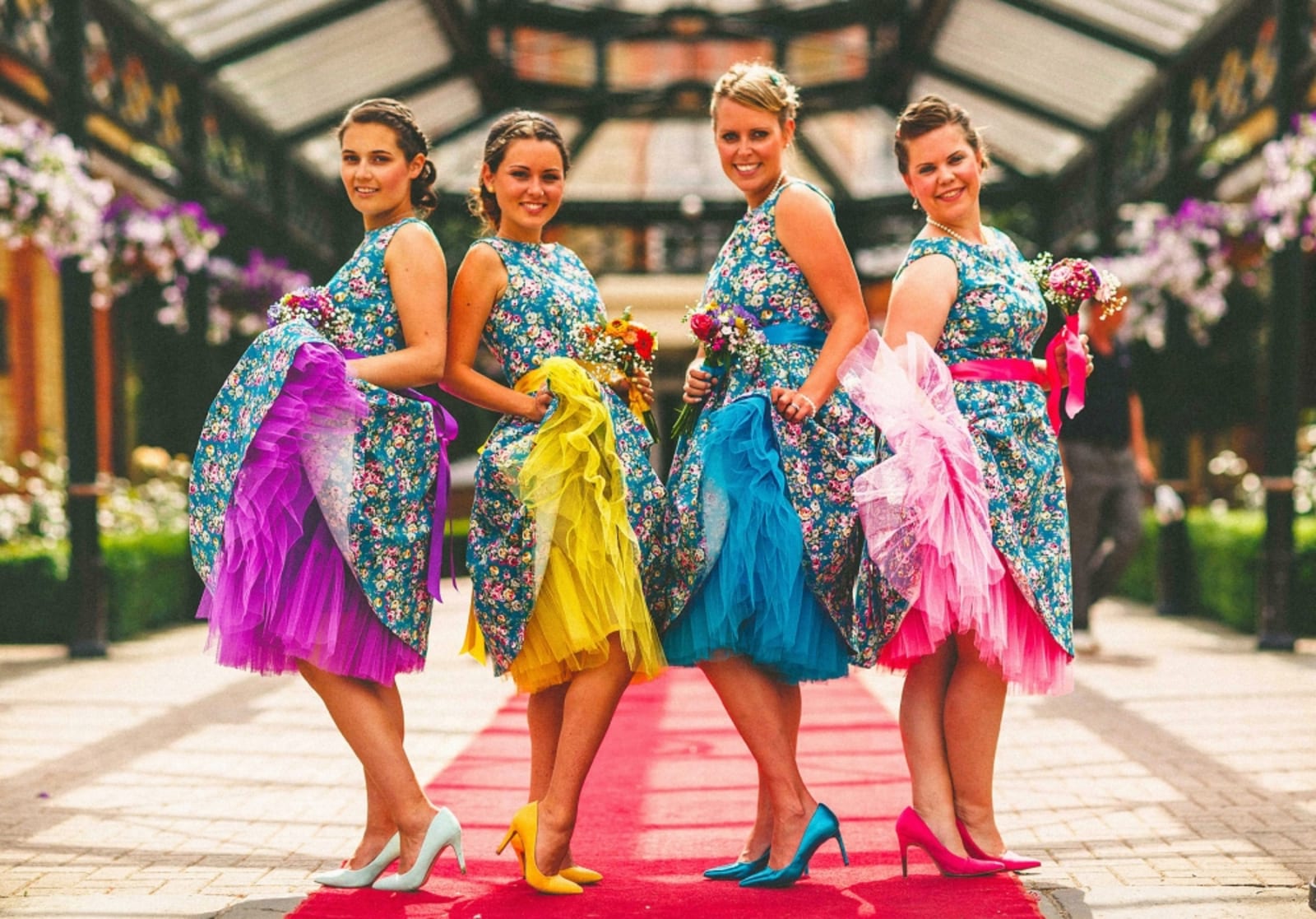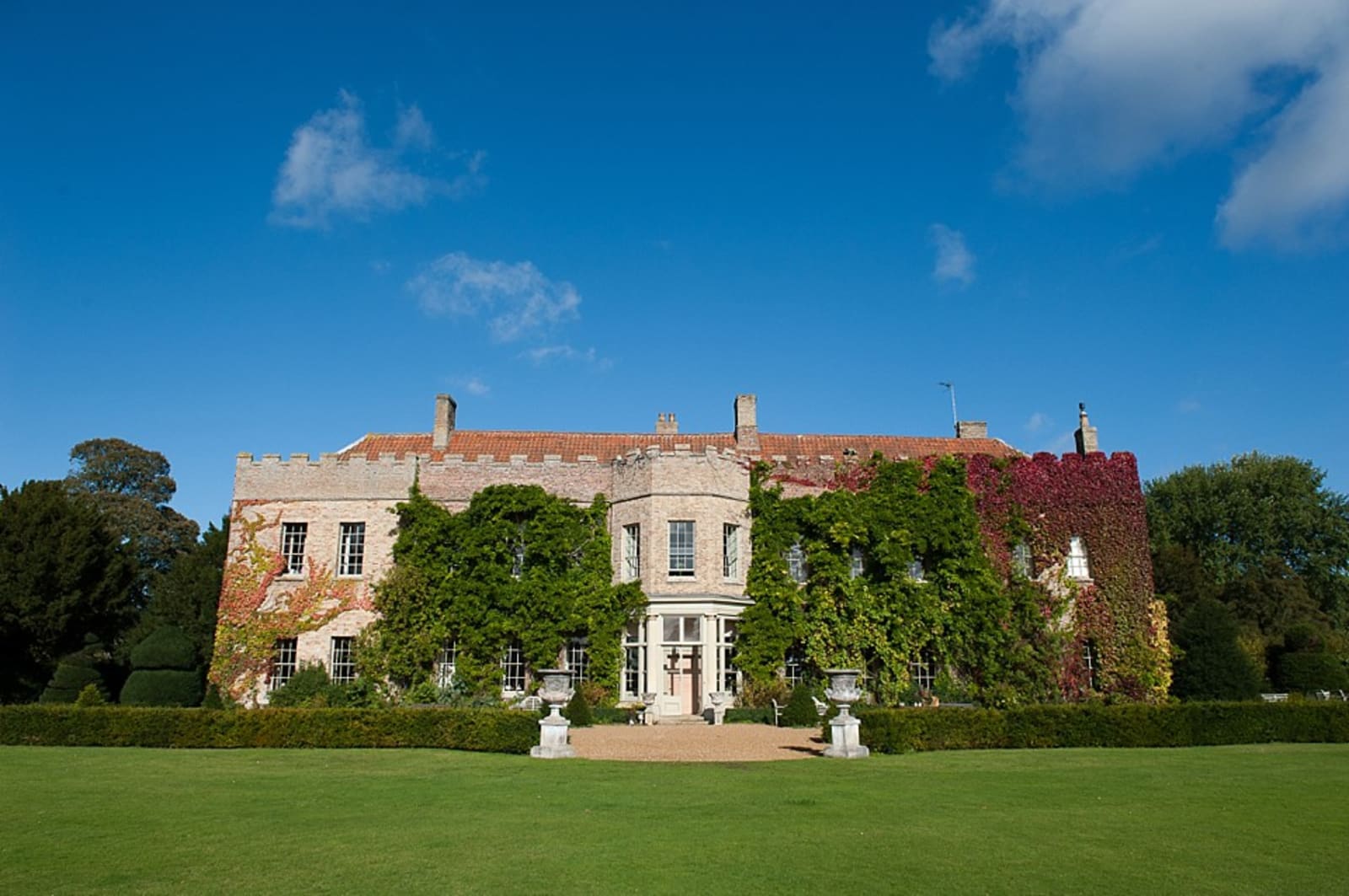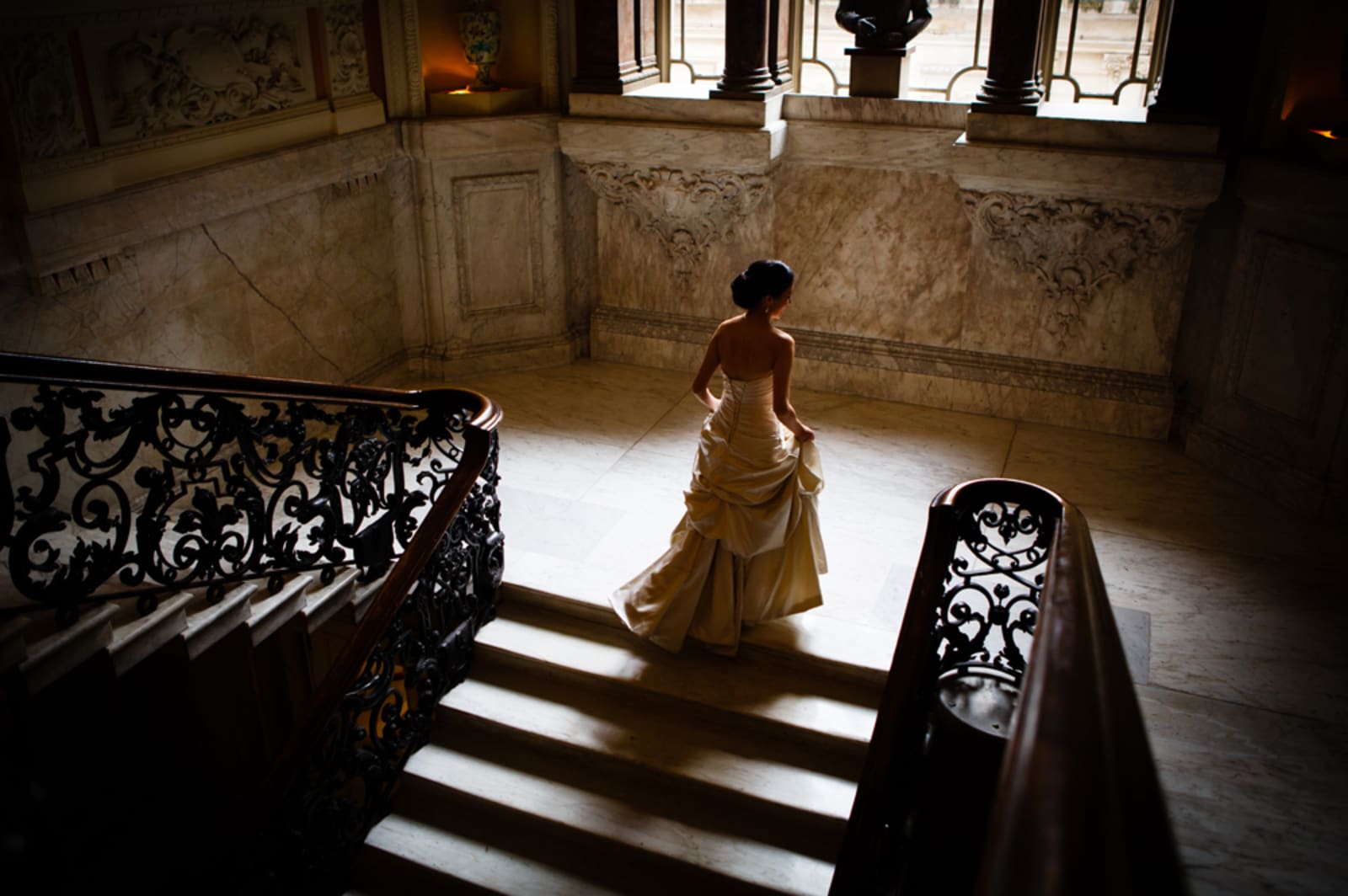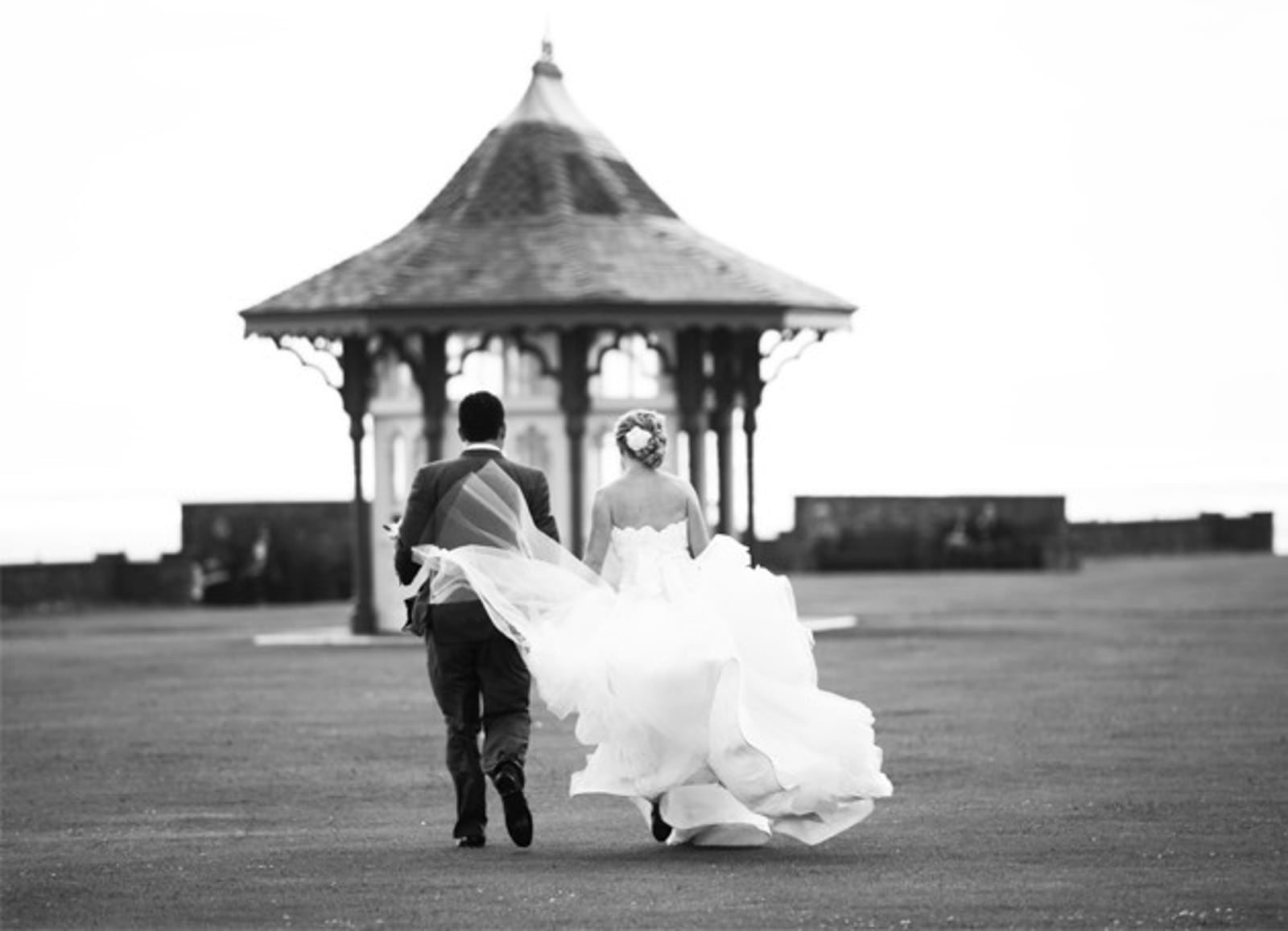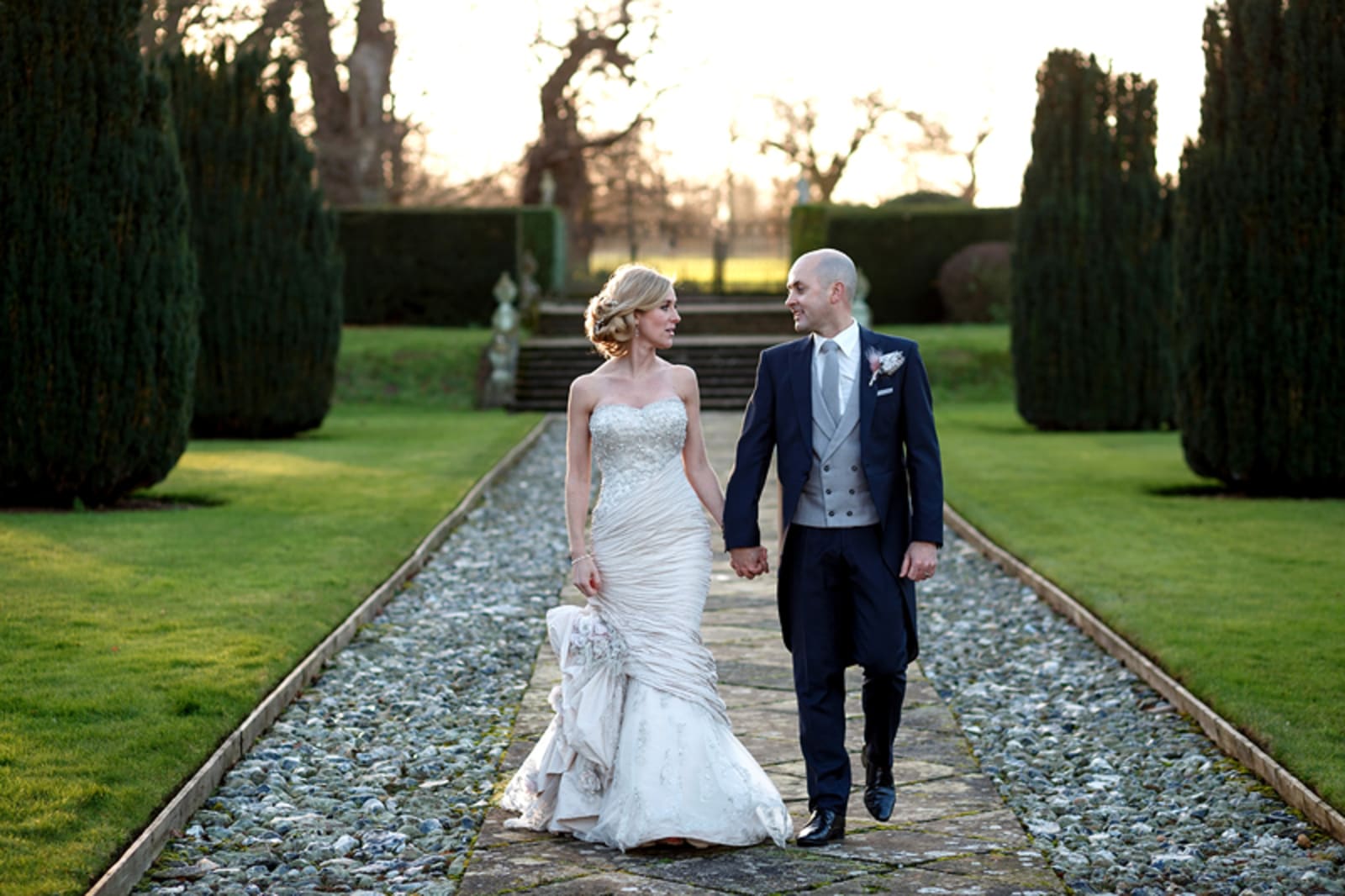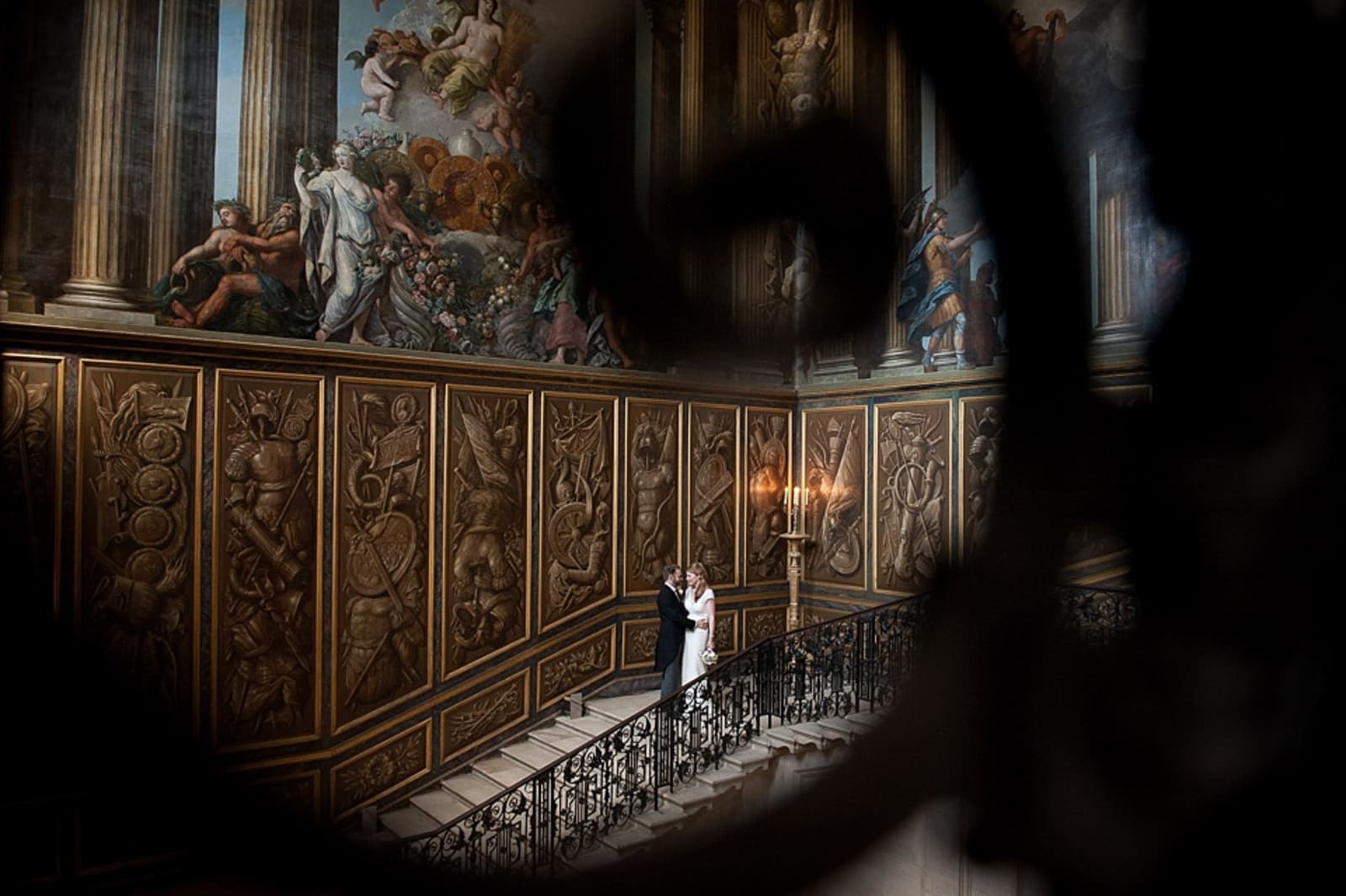Okay, so you’ve found two or three wedding venues you love – now it’s time to quiz ‘em! But what should you ask? Well, we’ve got you covered. Here’s twenty-two questions to ask your wedding venue before you make it official.
Psst! Still looking for your dream wedding venue? Then check out Bridebook’s state-of-the-art Venue Search Tool and unlock the UK’s biggest (and best!) wedding venue directory. With the ability to search by location, style and capacity, you’ll find your perfect match in no time.
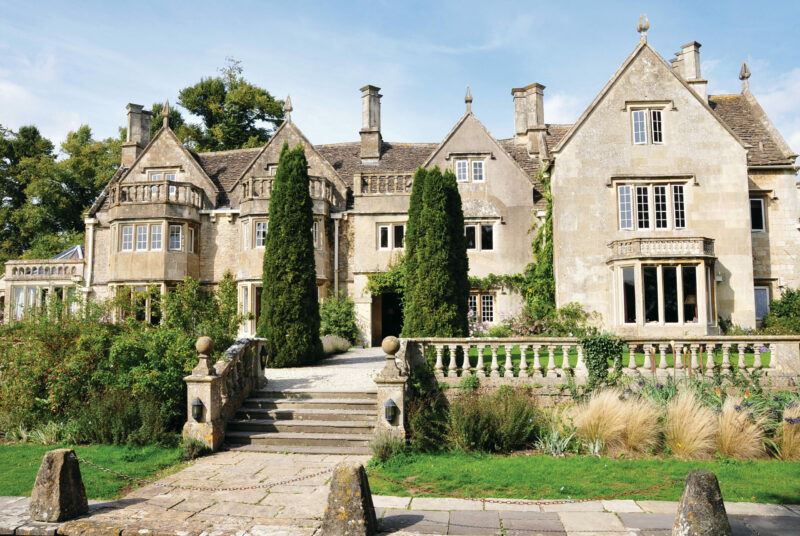
The wedding planning video course: questions to ask your wedding venue
In this video, Bridebook founder (and qualified wedding planner!) Hamish Shephard gives the lowdown on the questions you should ask your wedding venue, as well as some expert tips and tricks on coming up with wedding venue ideas and finding your wedding venue. And all this while keeping your wedding budget on track!
1. Which Dates Are Available In Our Chosen Month?
We wish we could guarantee that your dream venue will be available on your dream date… But that’s just not how it works. Make sure to ask your venue what dates are available as soon as you get in touch to avoid disappointment – and try to stay flexible if possible. Remember that weekends (especially Saturdays) in spring and summer are particularly popular choices for weddings, with these dates often getting booked up over a year in advance. If you’ve found your dream venue, you might want to consider a weekday wedding instead – and here’s why.
2. How Many Guests Can You Accommodate?
On the whole, most couples start by making their guest list then look for a venue that can accommodate it. Others, however, are more willing to shape their guest list to fit their dream venue. Whichever camp you fall into, you’ll still want to know how many guests your venue can host, as well as whether this number varies between rooms and locations.
Top Tip: If you search for wedding venues using our Venue Search Tool, let us know how many guests you expect to be hosting and we’ll only show you venues that can accommodate that.
3. Can We Have Our Ceremony Here Too?
Not every venue is able to host wedding ceremonies as well as wedding receptions as this requires a special license. Even if they can, you may only be able to hold your ceremony in certain locations at the venue – so make sure to check out your options. Use our Venue Search Tool to filter for venues with a marriage license to narrow things down if you know you want to hold your ceremony and reception at the same venue.
4. How Long Do We Have The Venue For?
Restrictions vary from venue to venue, but as a rule, we expect venues in more densely populated areas (like cities) to have noise restrictions or even a full curfew. Hotels, for example, may set a firm end time for celebrations. If you go for a rural barn or manor house, on the other hand, you’re much more likely to be able to party until dawn. Make sure to check before you book so you can make plans to accommodate this.
5. Will You Be Hosting Any Other Weddings At The Same Time?
If you want complete privacy for your wedding, this is what’s called “exclusive use” and you can filter for it using our Venue Search Tool. If you don’t have exclusive use, it’s possible that not only will there be other people in the venue but that there might even be other weddings taking place at the same time. This is most common in hotel wedding venues which will be hosting other guests. Now, there isn’t much you can do about this – so make sure you know in advance.

6. When Can We Start Setting Up?
Usually, you’ll be able to start setting up the day before or early in the morning the day of your wedding – but make sure to find out for sure. You’ll want to communicate this to your other suppliers as well as to your wedding party if they’ll be helping you out. When it comes to it, use our article on the final wedding checks you’ll need to do so you don’t miss anything.
7. What Kind Of Decorations Can We Have?
Some venues have restrictions surrounding the use of candles and confetti or on flash photography (particularly if they’re an art gallery or museum). Make sure you know exactly what your venue does and doesn’t allow to avoid any conflicts or nasty surprises later down the line. You don’t want to spend hundreds of pounds on tealights – only to find you can’t light any of them.
8. What Do You Provide And What Should We Rent?
A lot of venues will offer a package that includes decorations and furniture as well as glassware and table linens. If you choose to do this rather than providing your own, make sure to get all the details in writing – otherwise, they might change their colour scheme and you’ll end up with clashing colours!
9. Do You Have A List Of Preferred Caterers?
At some venues, you won’t be permitted to bring in external caterers and you will need to choose one from their list. Other venues will have caterers they suggest but don’t insist on. Either way, it’s always good to find out who they recommend.
10. Can We Bring Our Own Alcohol? Do You Charge Corkage?
Not all venues will allow you to bring in your own alcohol and may ask that you purchase it from them directly. If they do, they will likely charge you “corkage” – a surcharge on every bottle that you open. Sometimes, these corkage fees can be so high that it actually works out cheaper to buy from the venue instead so make sure to discuss what they offer. And if you’re feeling stuck, check out our guide to wedding alcohol where we go into much more depth on every aspect of wedding alcohol.
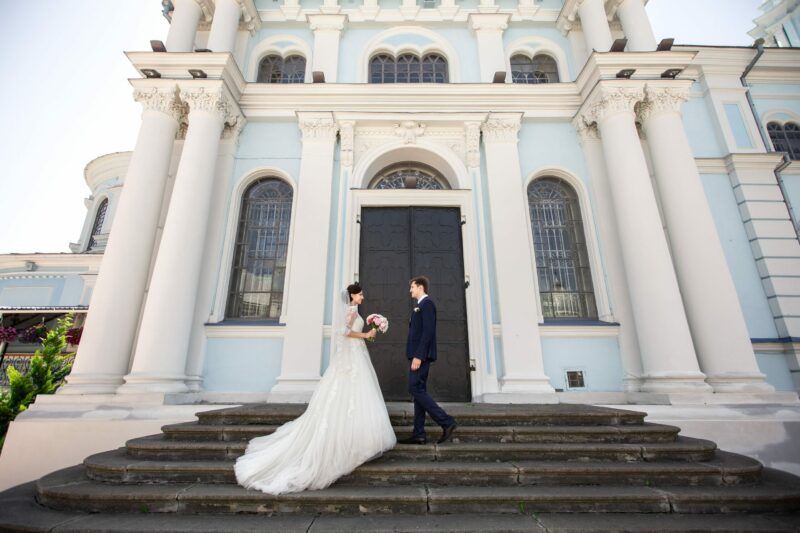
11. Is A Cash Bar An Option?
You might not want to provide alcohol at all, instead asking your guests to pay for their own drinks. If that’s the case, you’ll want to know whether this is an option – and if it is, make sure to find out if there’s a minimum spend. Otherwise, you might find yourself facing unexpected costs at the end of the day!
12. Can We Have A Band or DJ?
Even if you haven’t already booked your band or DJ, you’ll want to find out whether or not your venue can actually accommodate their needs. You don’t want to have booked your dream DJ, only to find out that there are no electrical sockets available for them or that there’s nowhere to set up their equipment.
13. Do You Have Any Special Facilities For Children?
If there is a spare room that could be used for children, we’d always advise you to use it! Having somewhere where you can put on a Disney movie or set up a few games is a great way to occupy children at a wedding, leaving the adults to enjoy themselves.
14. Do You Have Disabled Access?
If anyone on your guest list has access needs, make asking your venue about accessibility a priority.
15. When Do We Need To Pay Our Holding Deposit? Are There Any Other Fees?
When you pay your deposit, you secure your venue for the agreed date. Be clear about when this payment is due to avoid disappointment. And now’s a good time to ask about any other potential fees, taxes or service charges too. For more information about the hidden costs couples can encounter in the run up to their wedding day, check out this article.
16. Will There Be A Venue Coordinator Available On The Day?
If there is a venue coordinator available, we’d always recommend at least looking into working with them. They’ll be the person who’s most familiar with the venue, so they can ensure that everything runs smoothly and you have a stress-free experience on the day.
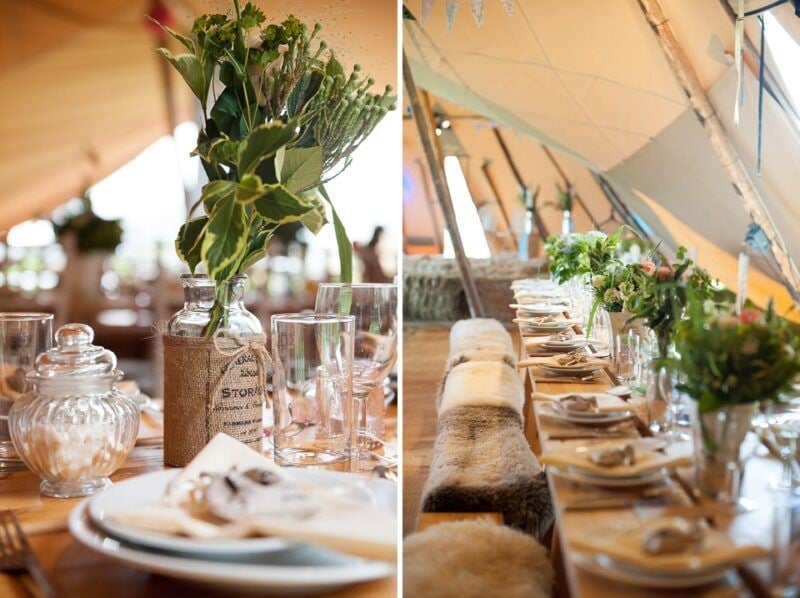
17. Is VAT Included In The Price?
Always, always, always check whether VAT is included in the price. You might think you’ve bagged yourself a bargain – only to find that this was exclusive of VAT and the real cost is as much as 20% higher.
18. What Are Our Bad Weather Options?
This is only really relevant if you’re planning an outdoor wedding – but if so, it absolutely is! Find out what inside spaces will be available to use as a back-up and make sure to view them so you can give at least a little thought to how you might use them. If there aren’t any suitable inside spaces, you’ll need to hire a marquee instead – and this can cost a pretty penny.
19. Are Fireworks Allowed?
Not every venue permits fireworks, so if ending your big day with a fabulous fireworks display is a must for you, make sure to check this nice and early.
20. What Car Parking Is Available On The Day?
If you’re not arranging transport for your guests, question number one is whether there’s enough parking spaces for everyone driving in. This is particularly important if you have elderly relatives who may find it difficult to travel any great distance to your venue. If it’s not obvious, you’ll also want to check whether there will be someone to show your guests how to get from the carpark to the venue. And don’t forget to reserve spaces for your suppliers too.
21. Is There Anywhere Guests Can Stay Overnight?
If you’re expecting to have guests coming from all over the country (or even from abroad), it’s good to get an idea of what possibilities there are for accommodation well in advance. It could be a dealbreaker for you and your partner if there’s no accommodation available. If your guests can stay at the venue, fantastic, but if not, can the venue recommend anywhere nearby? Remember, you might not need it but you’ll want to include this information on your wedding information sheet later.
22. Do You Have Liability Insurance?
We’re keeping everything crossed for you – but you can’t plan for everything! Put your mind at rest by asking your venue whether they’re covered for any (thankfully unlikely) accidents that may happen on your big day.
